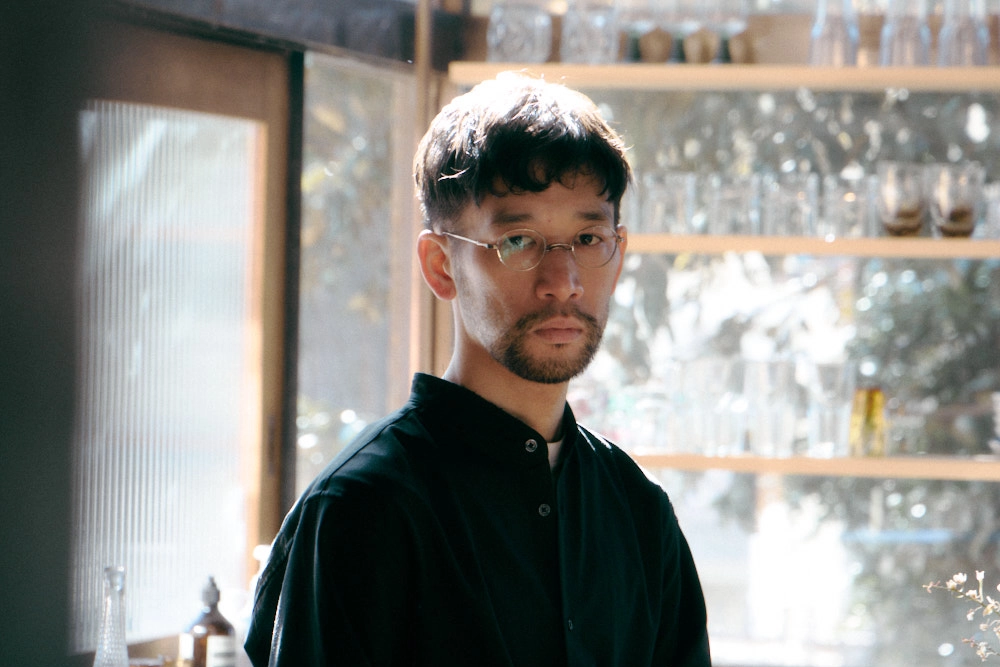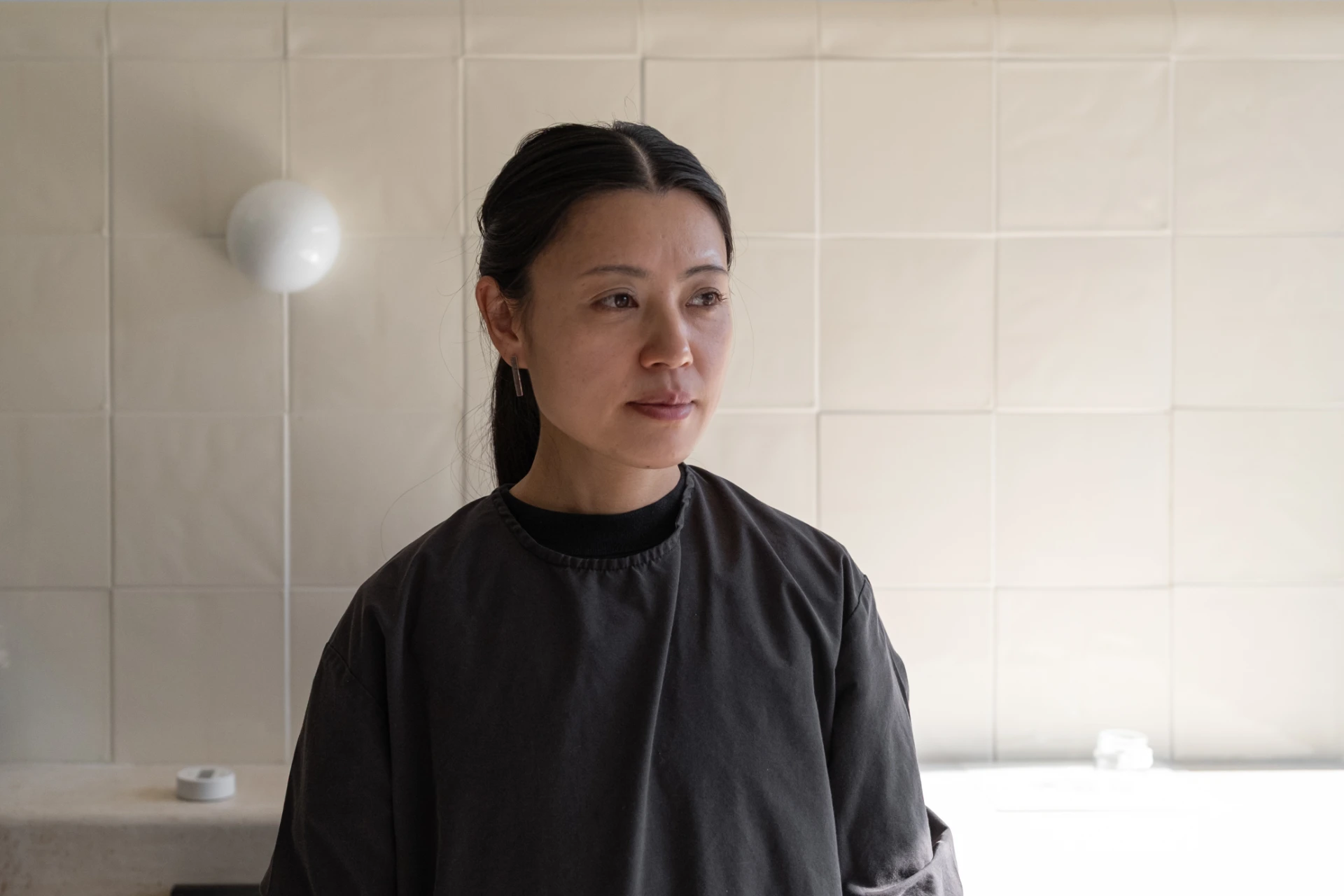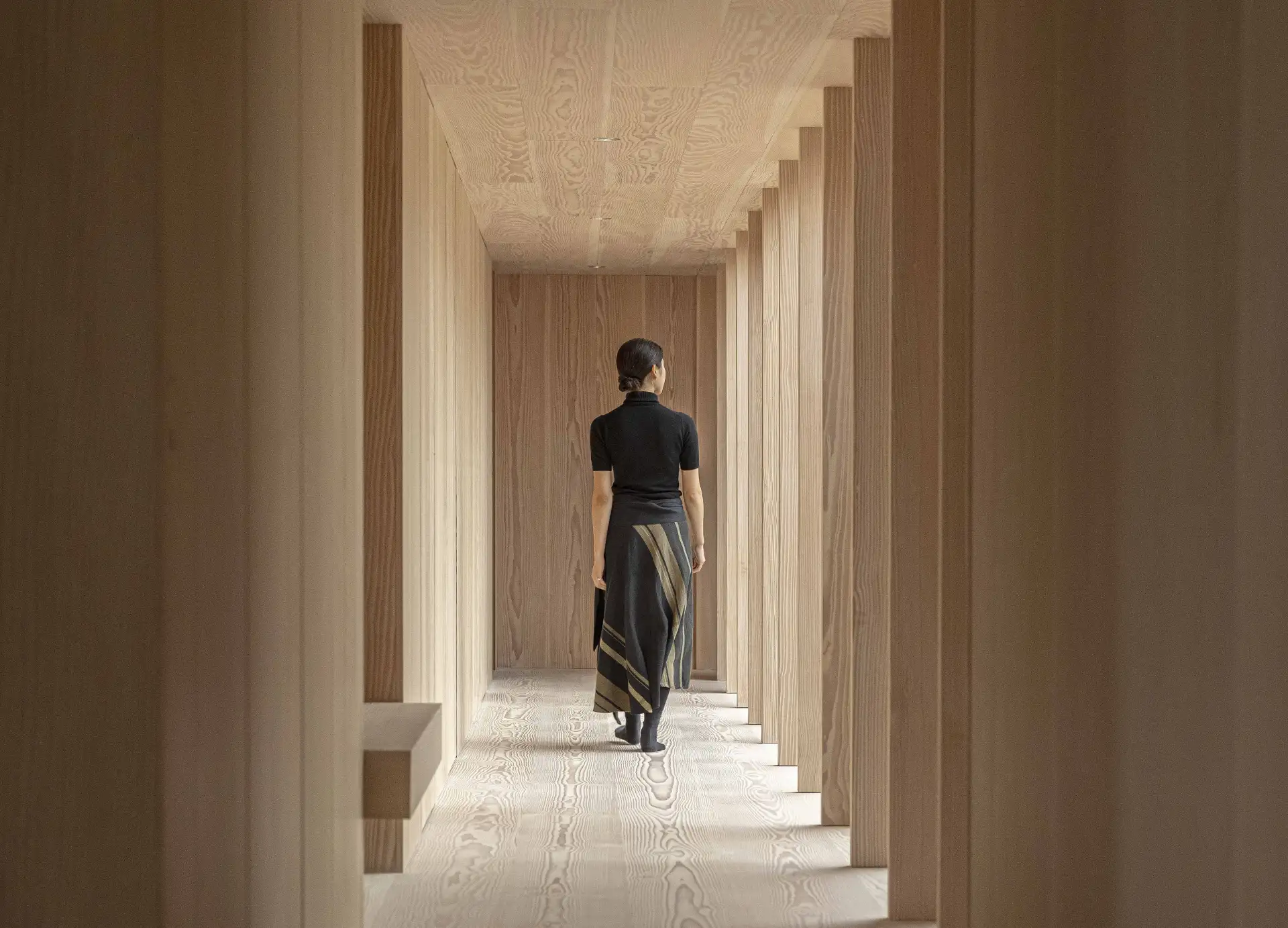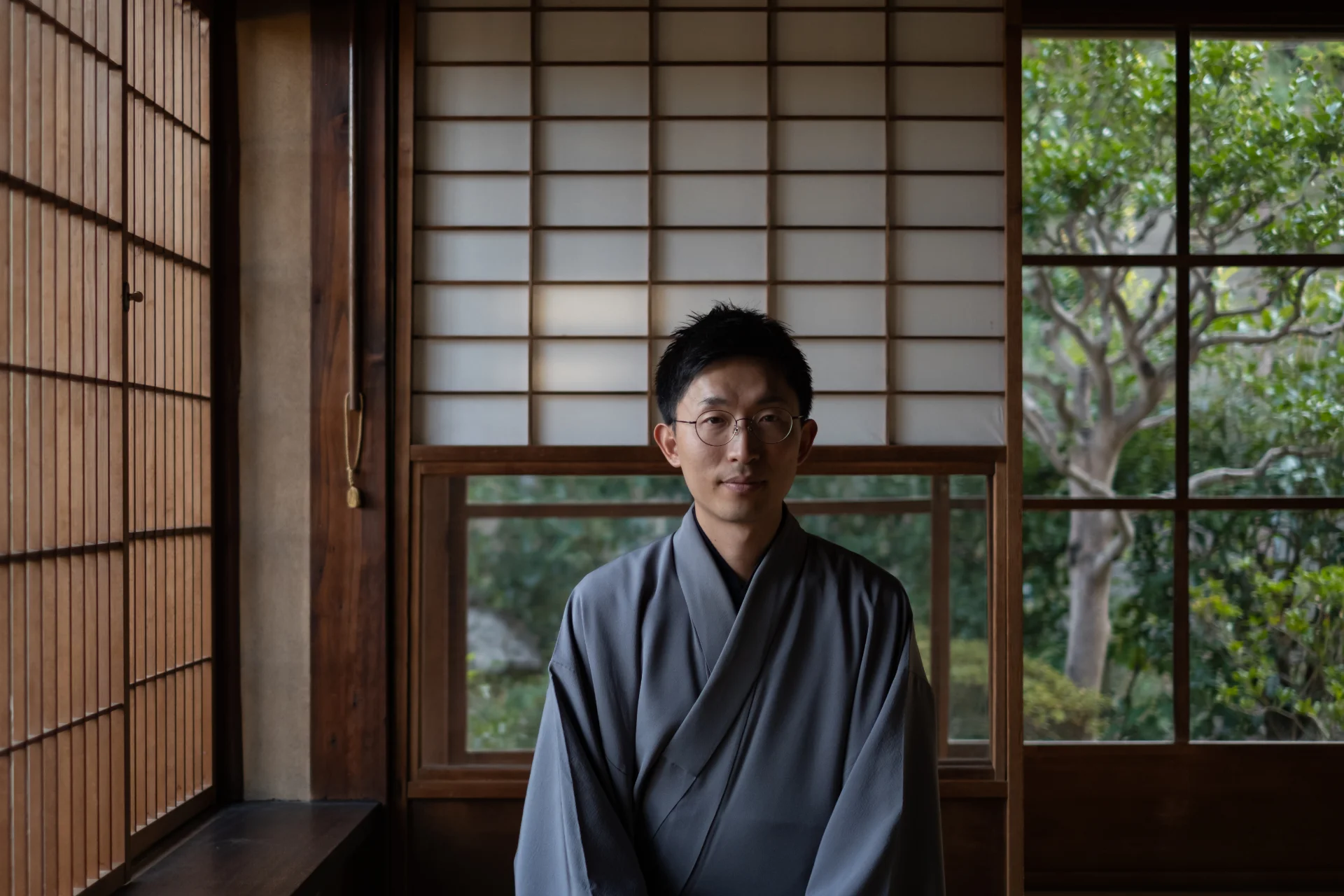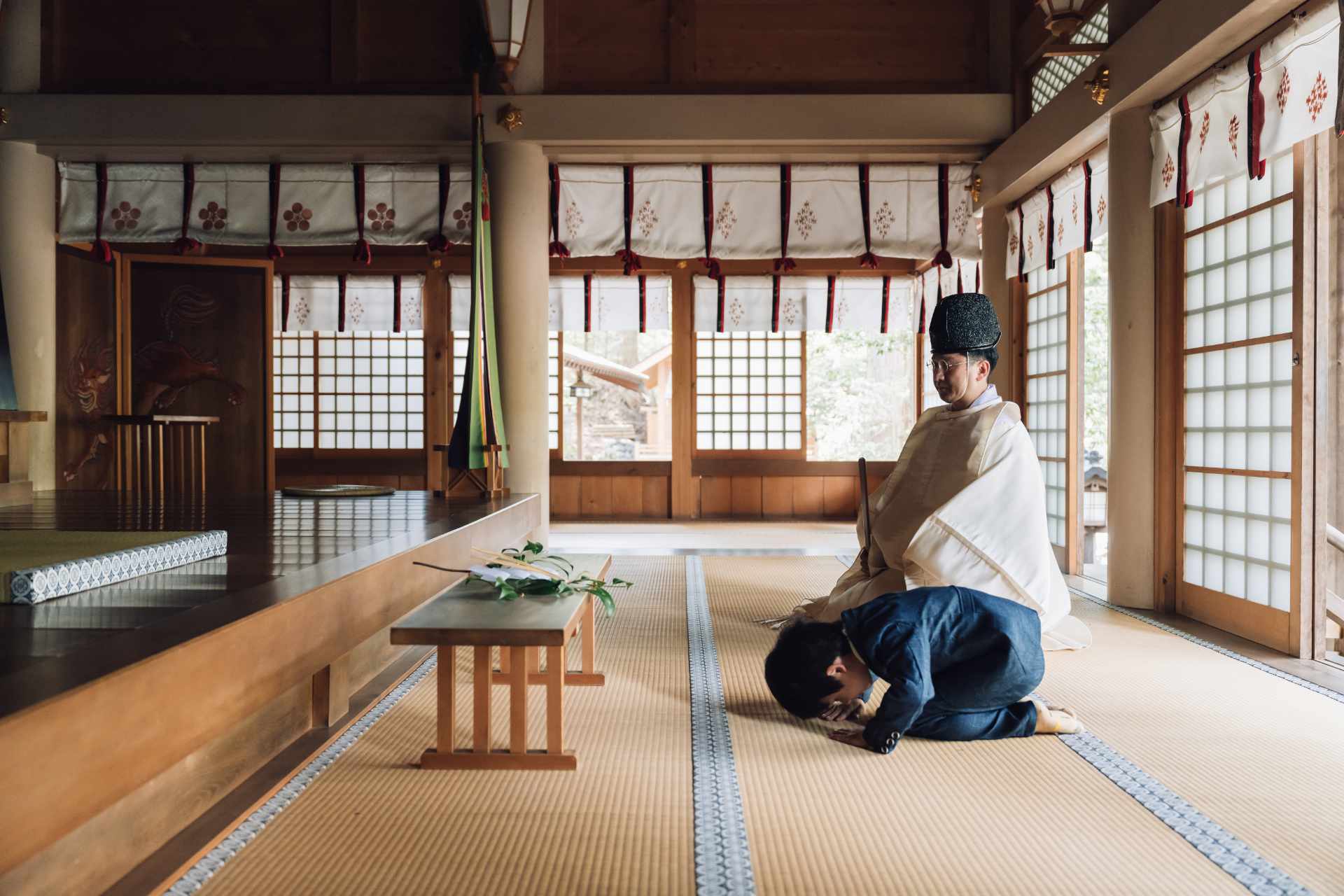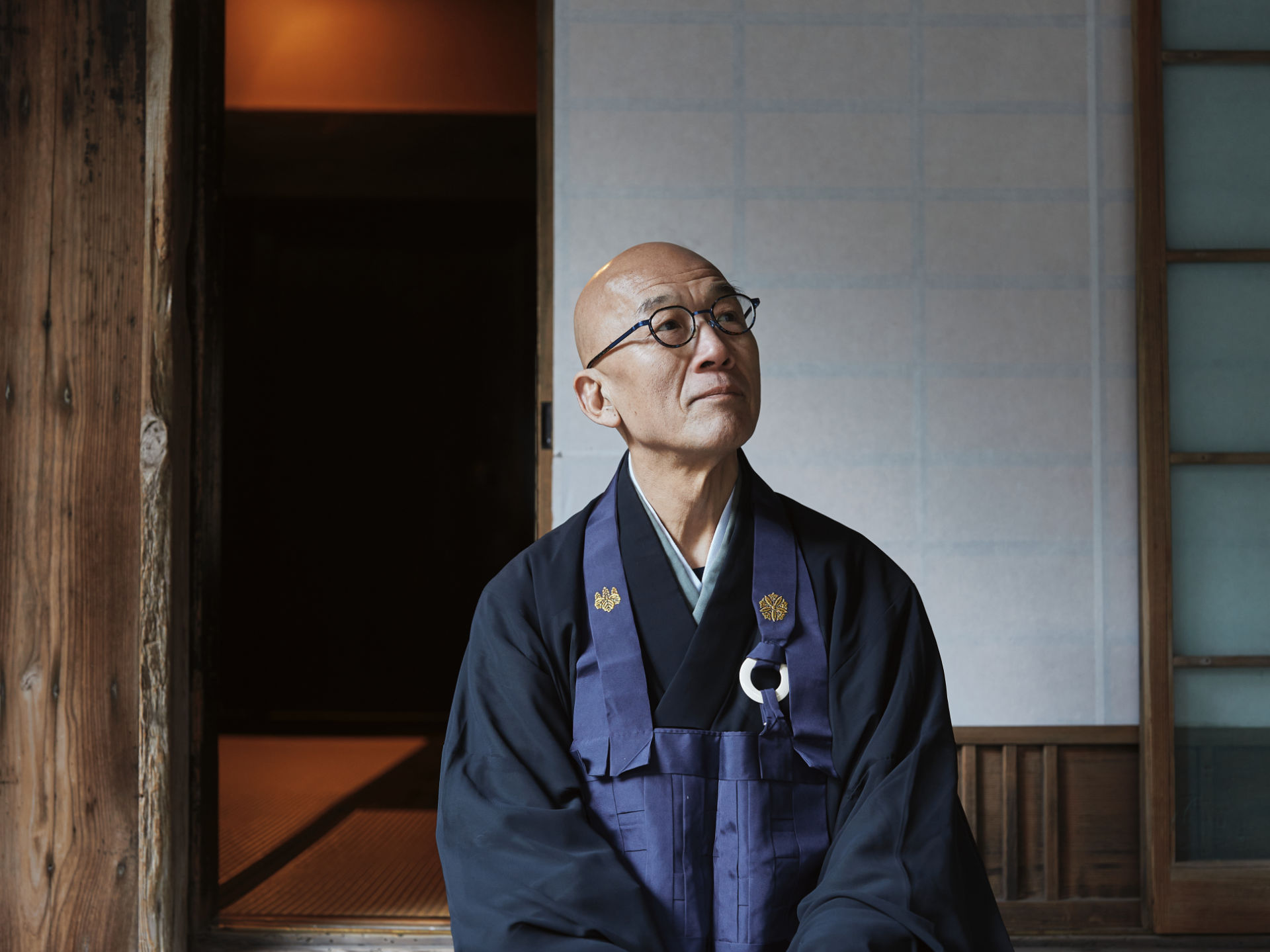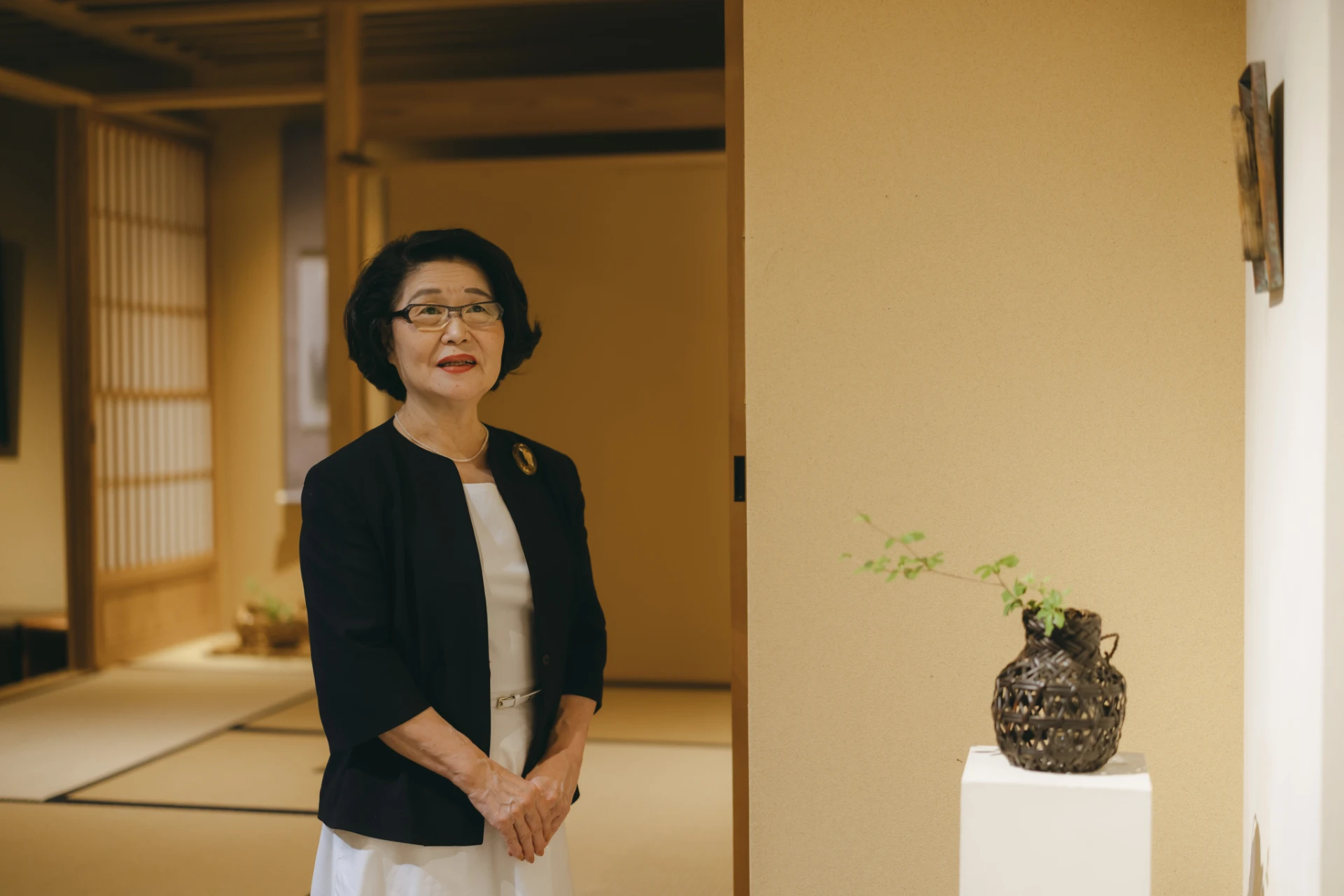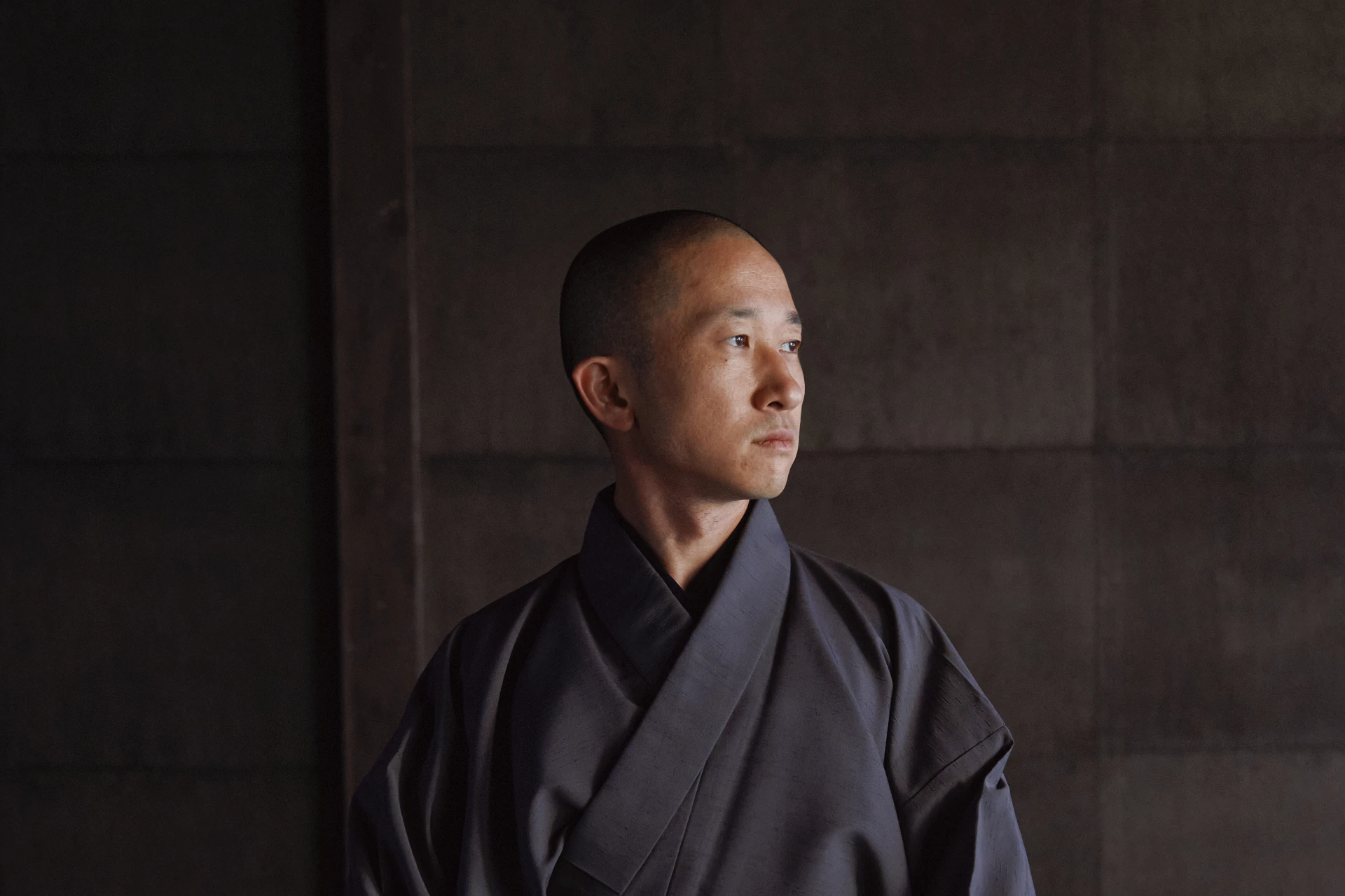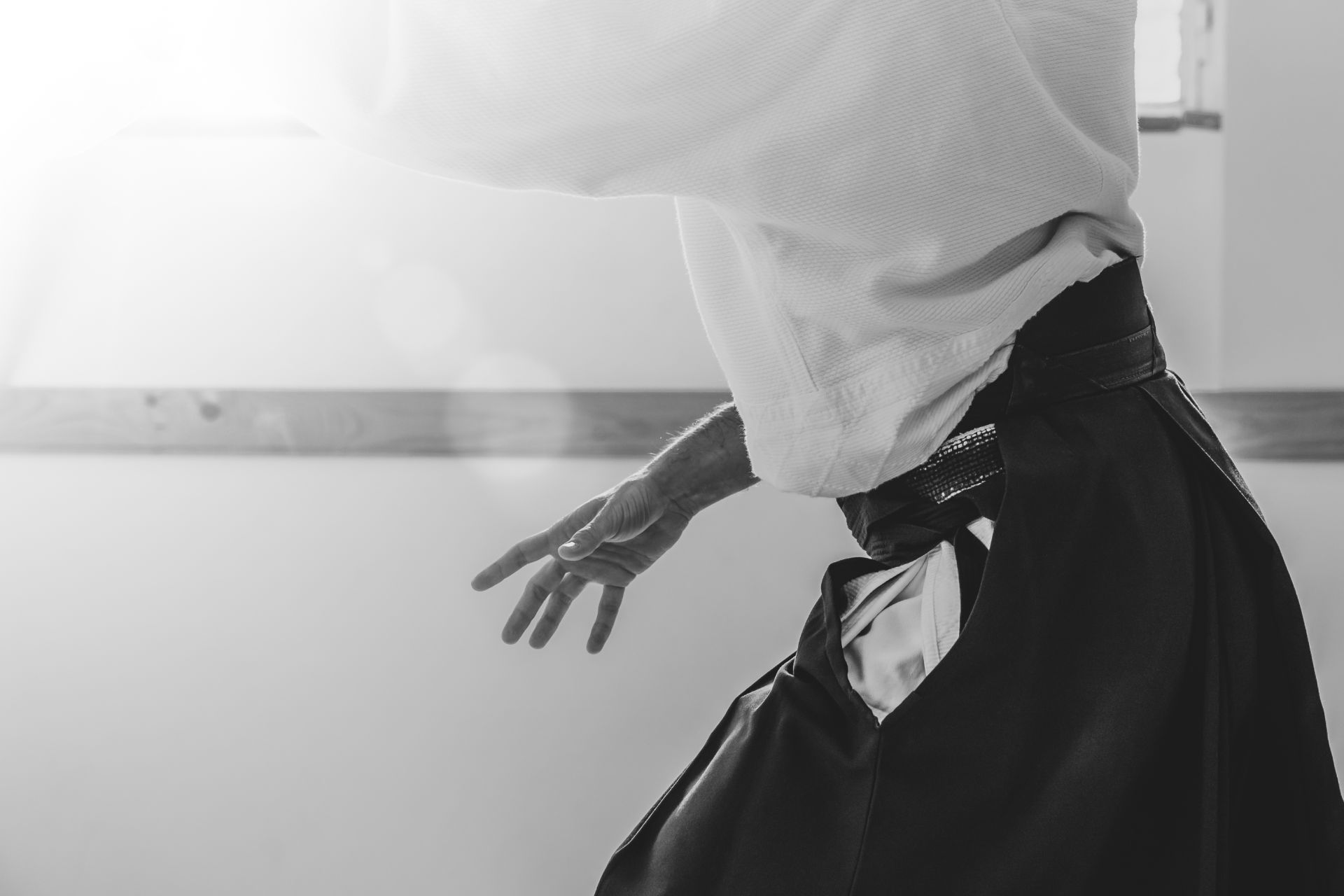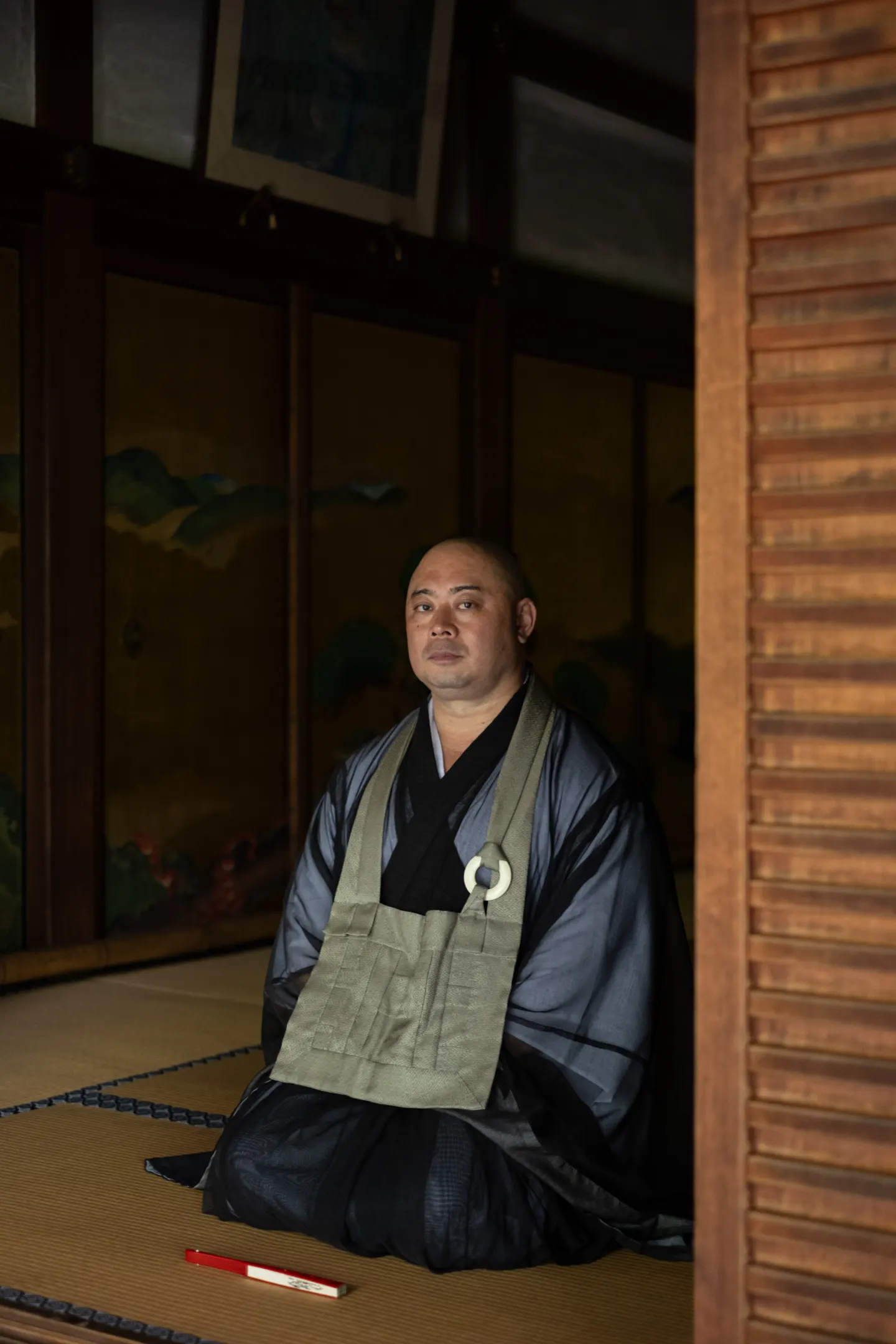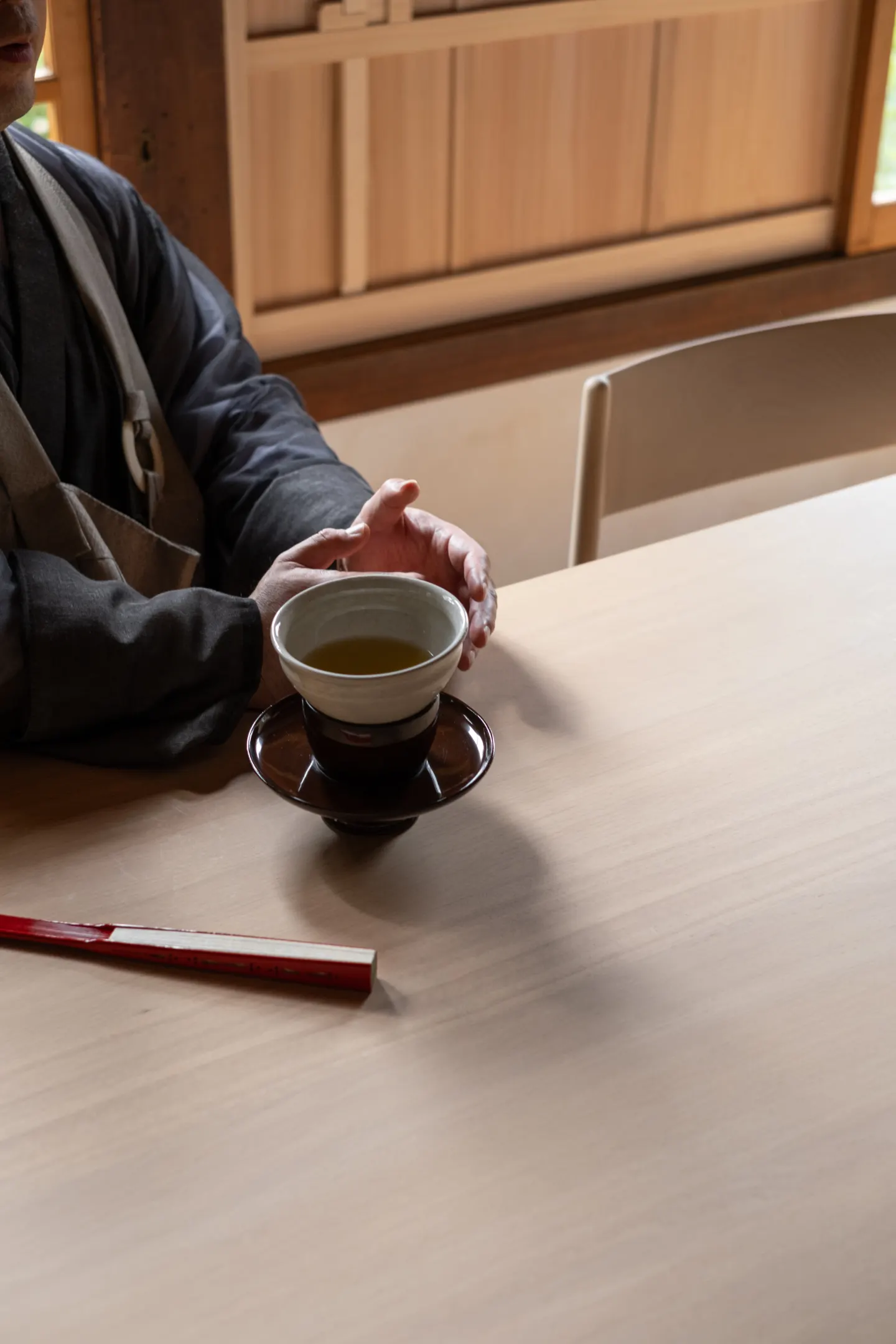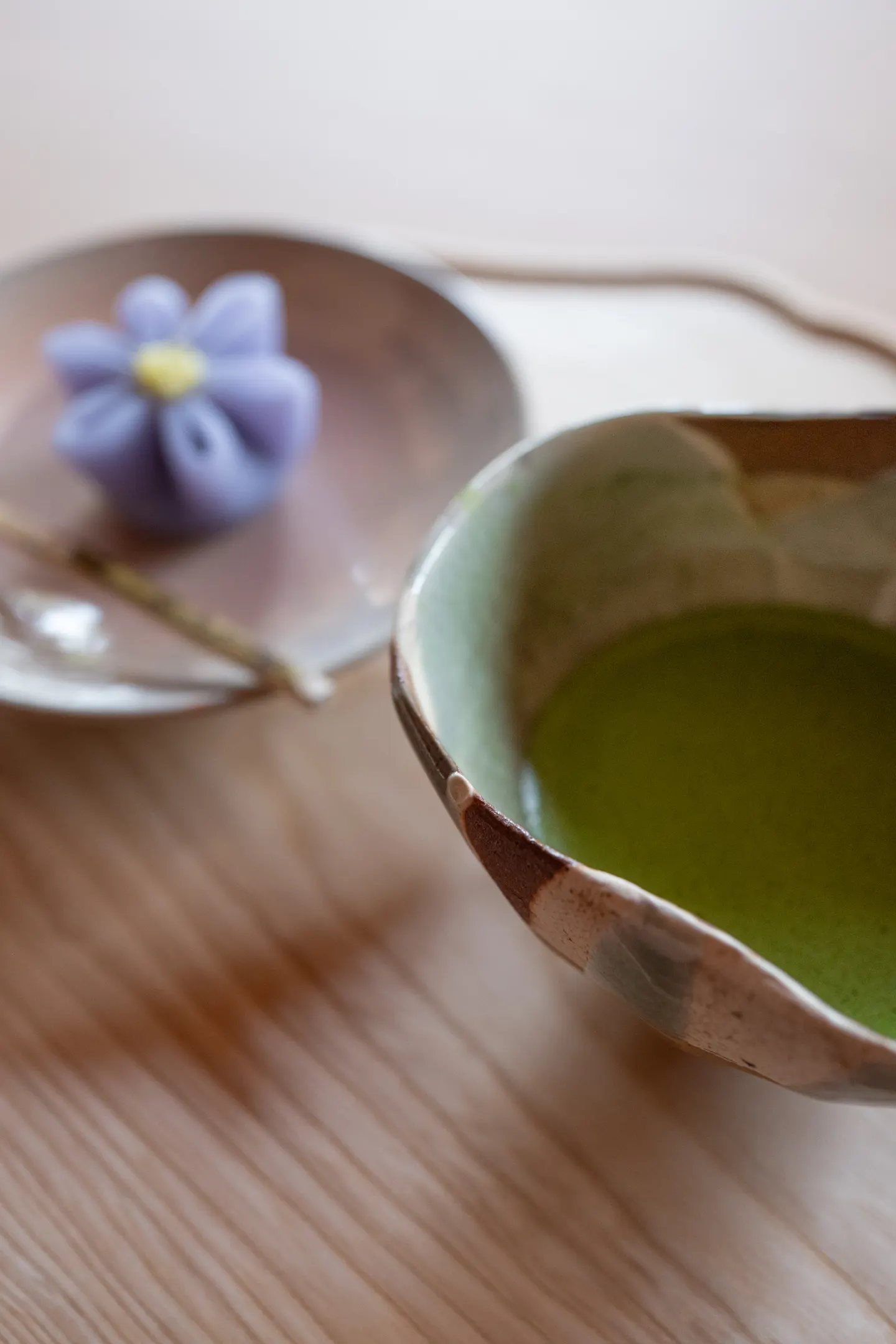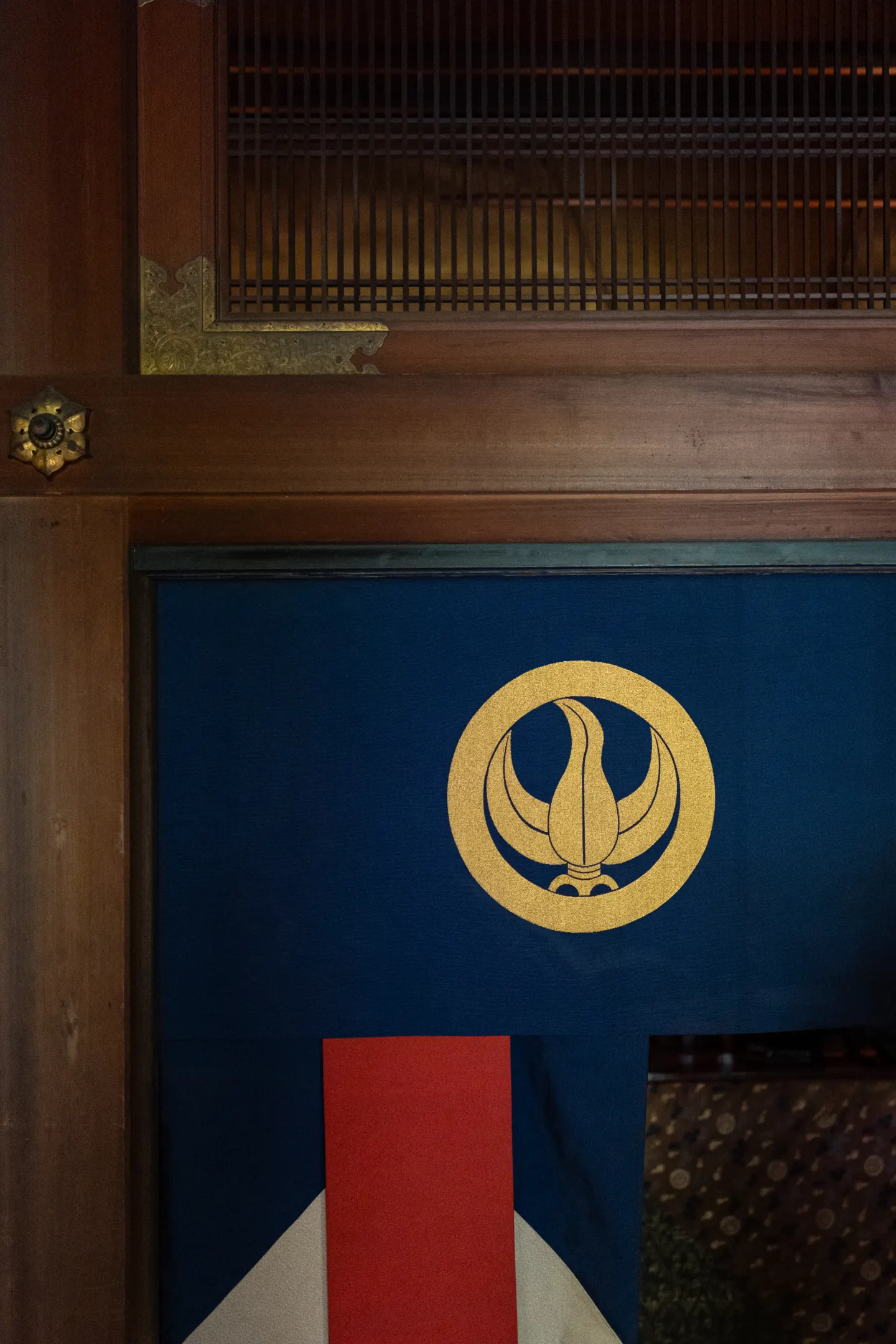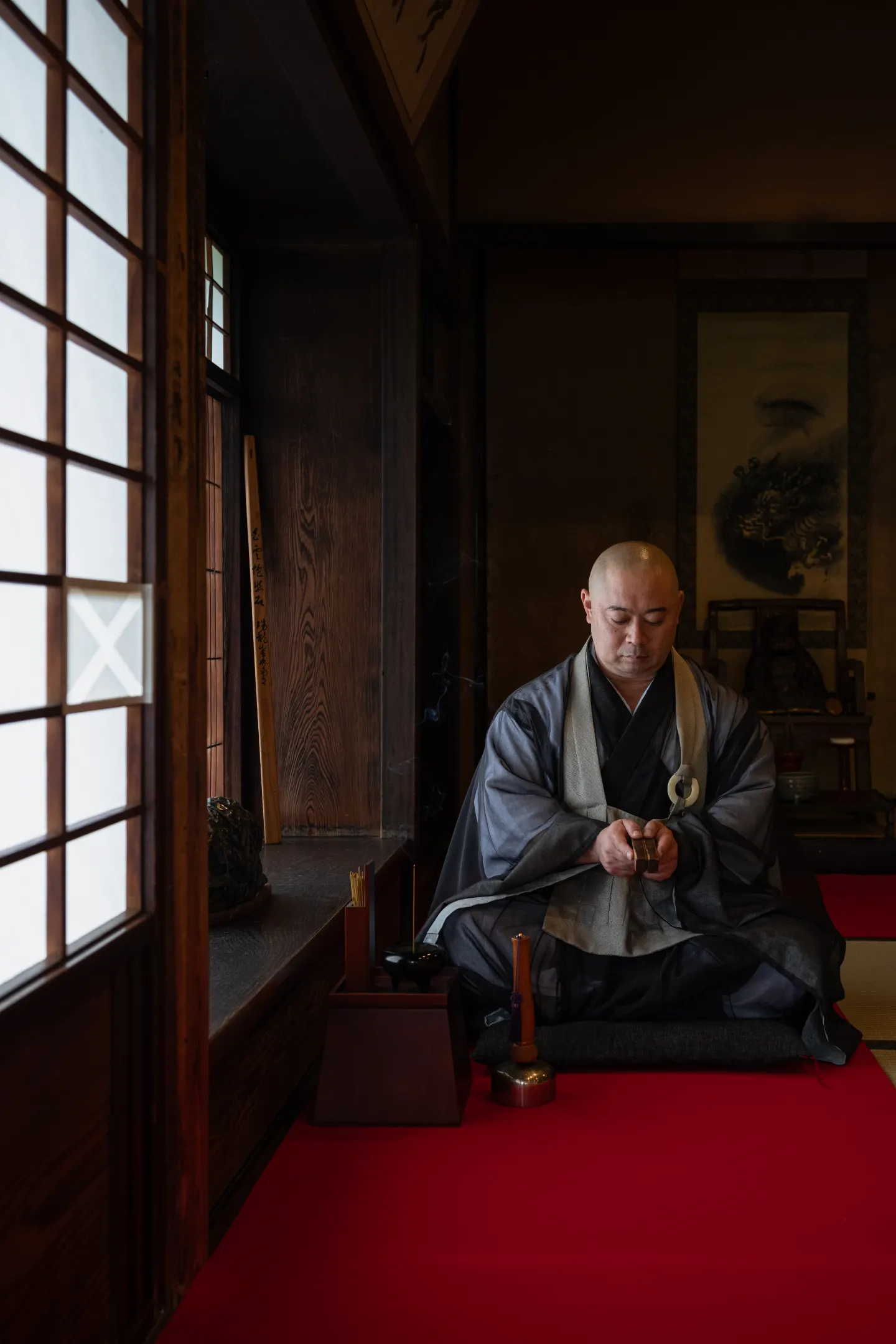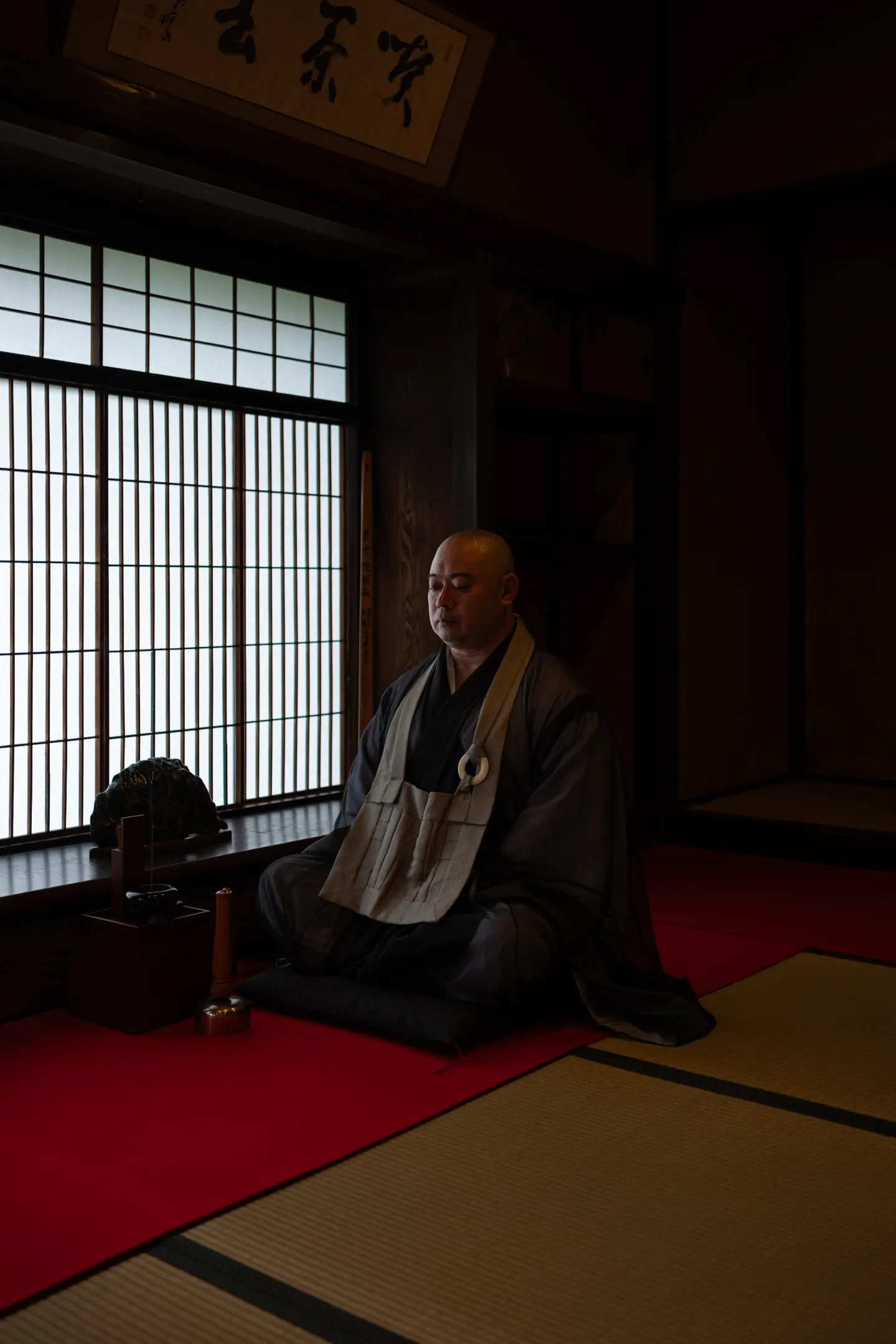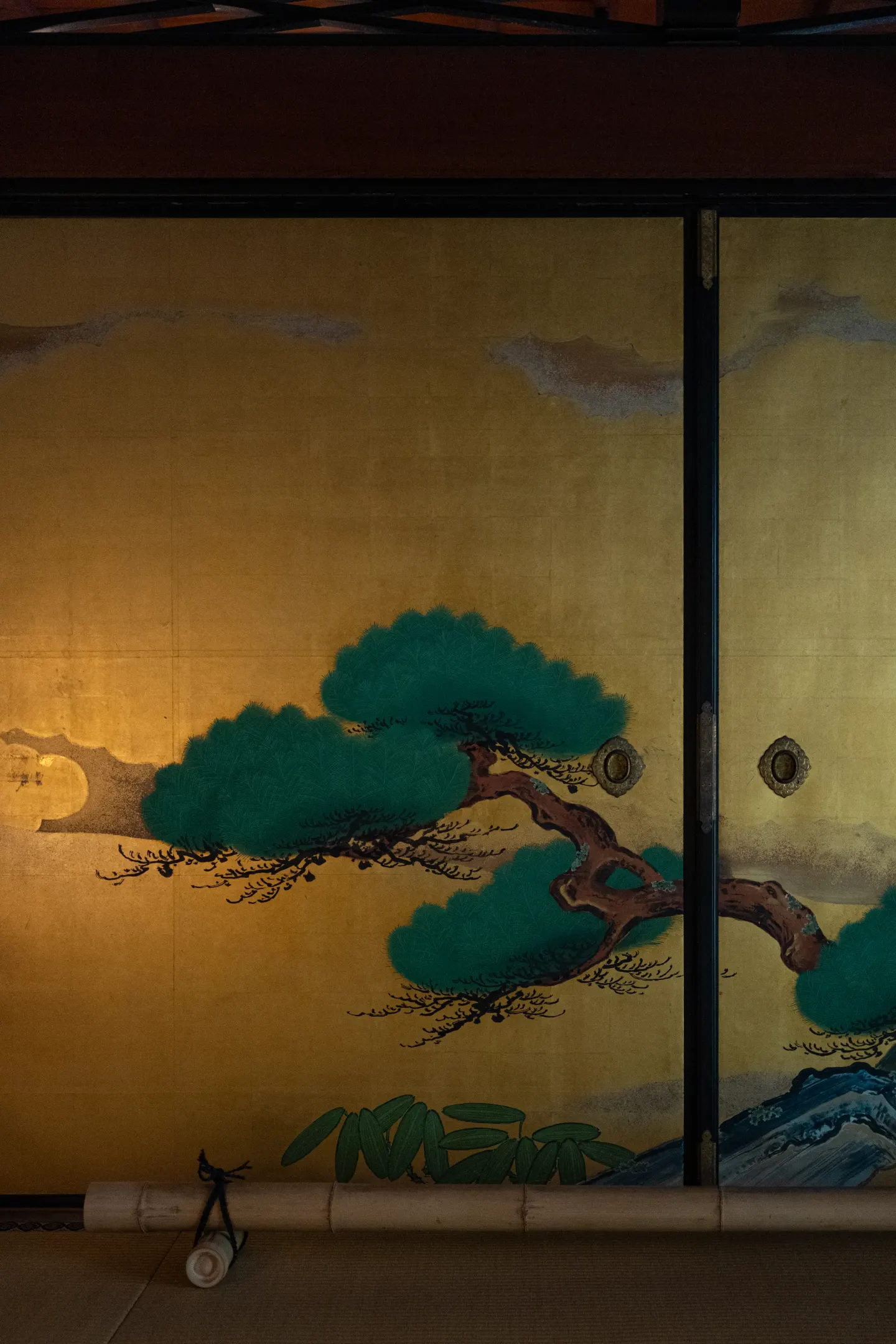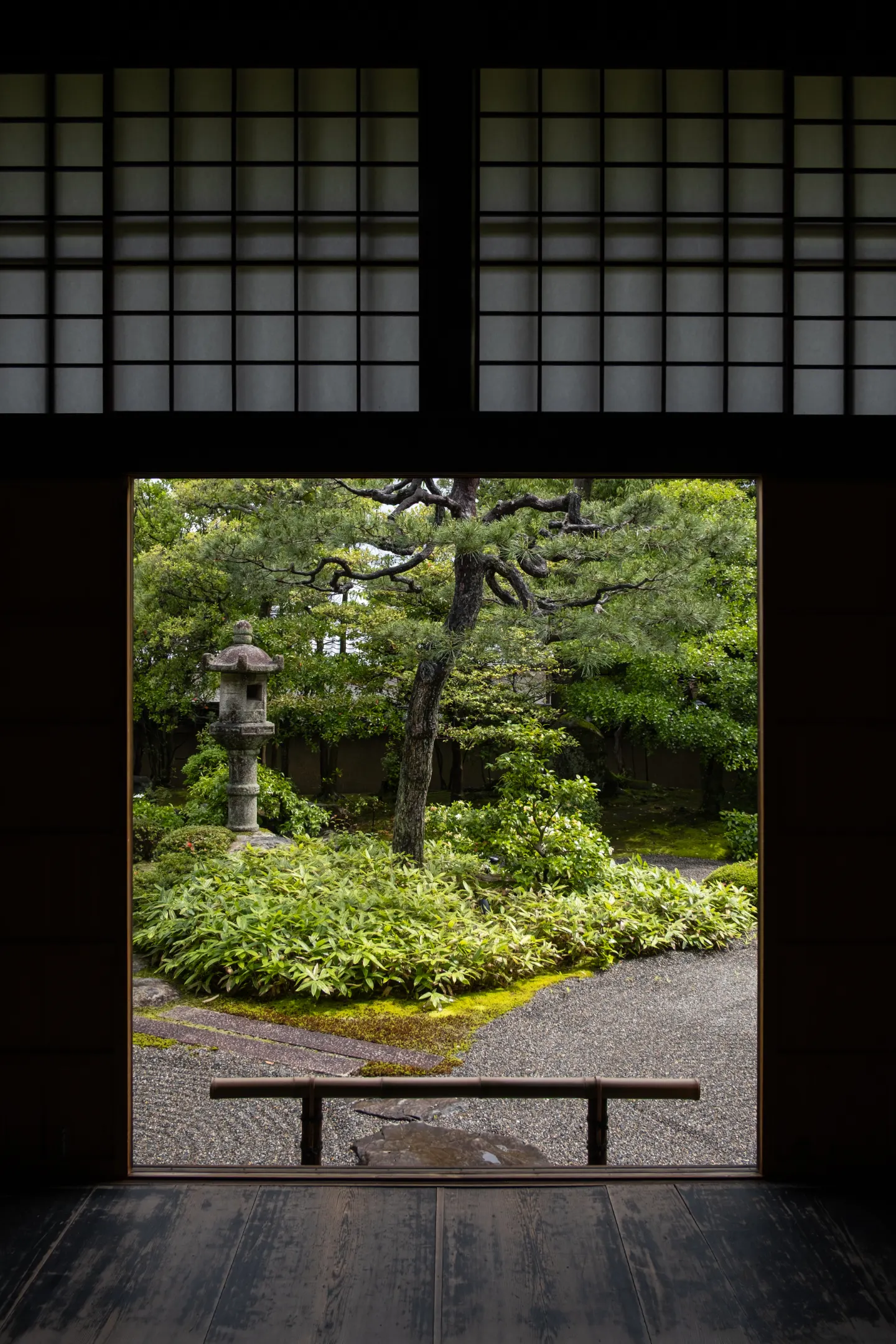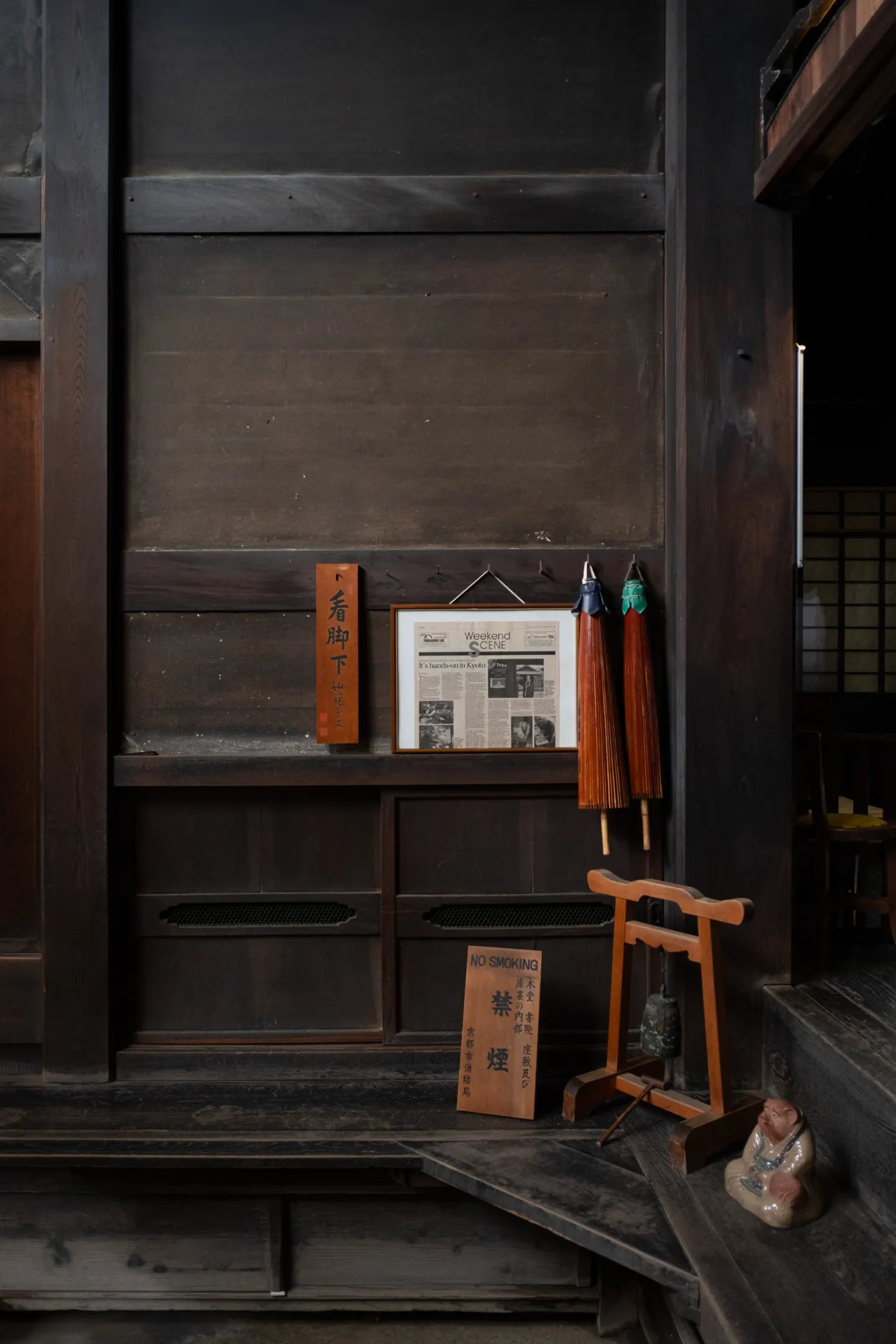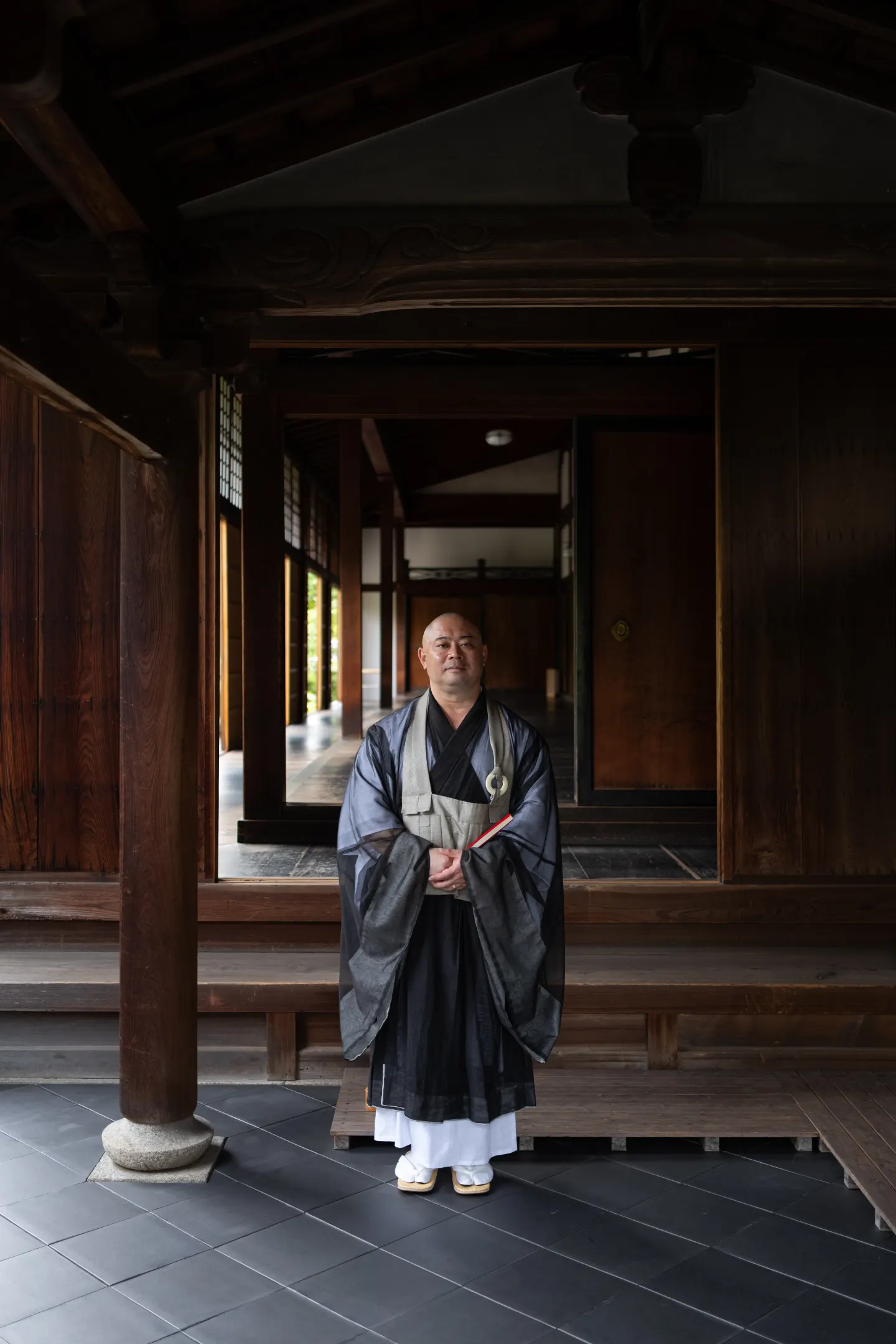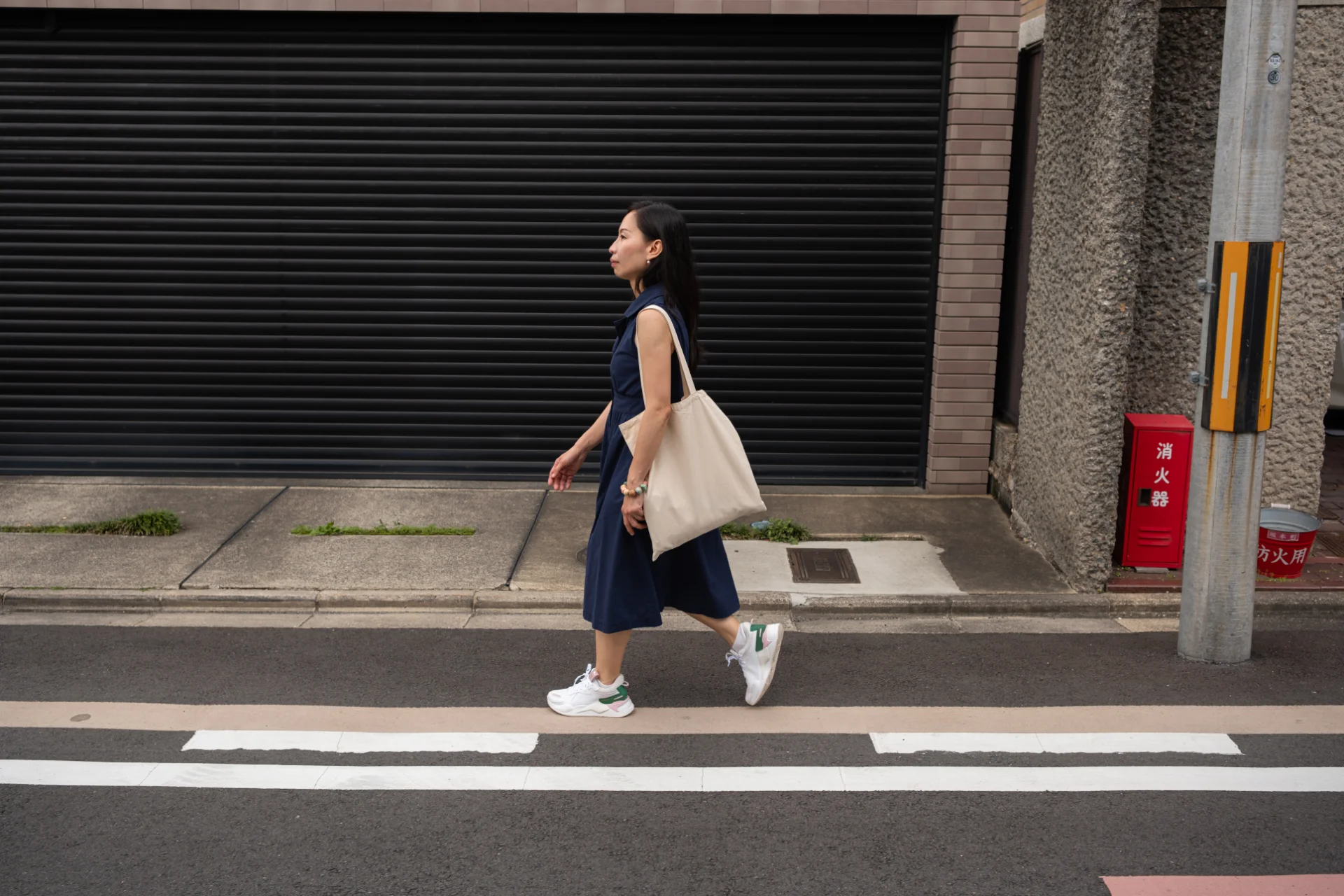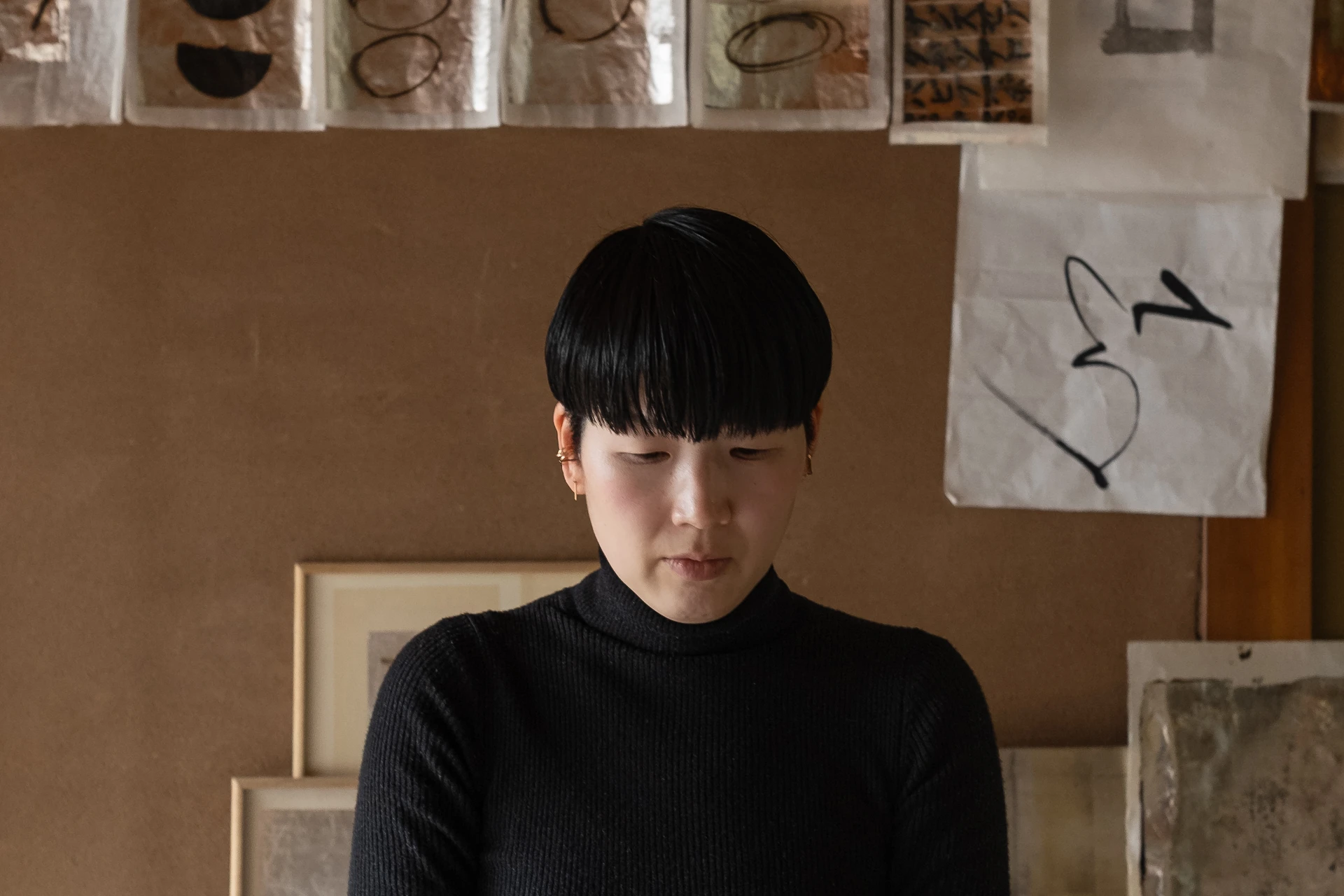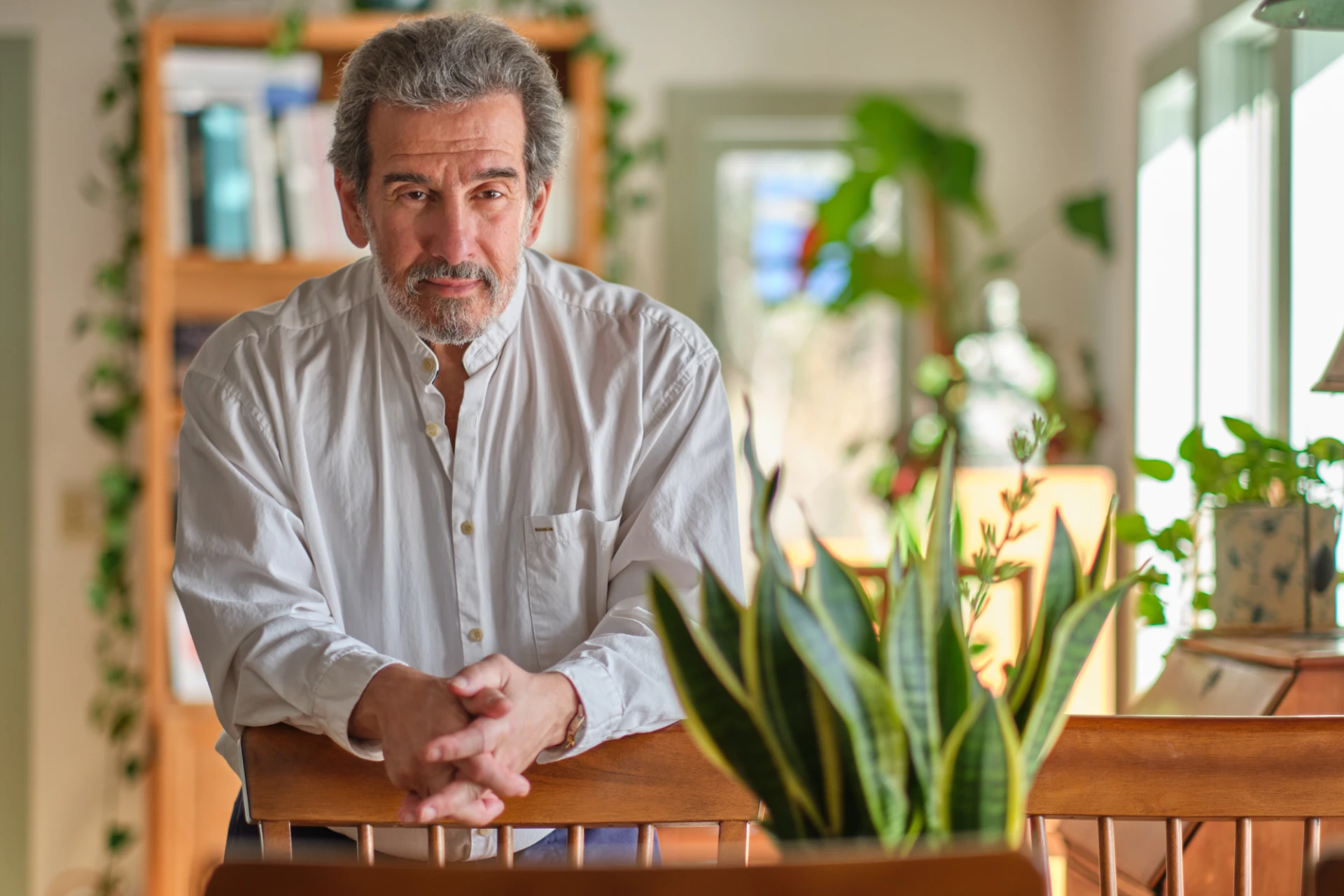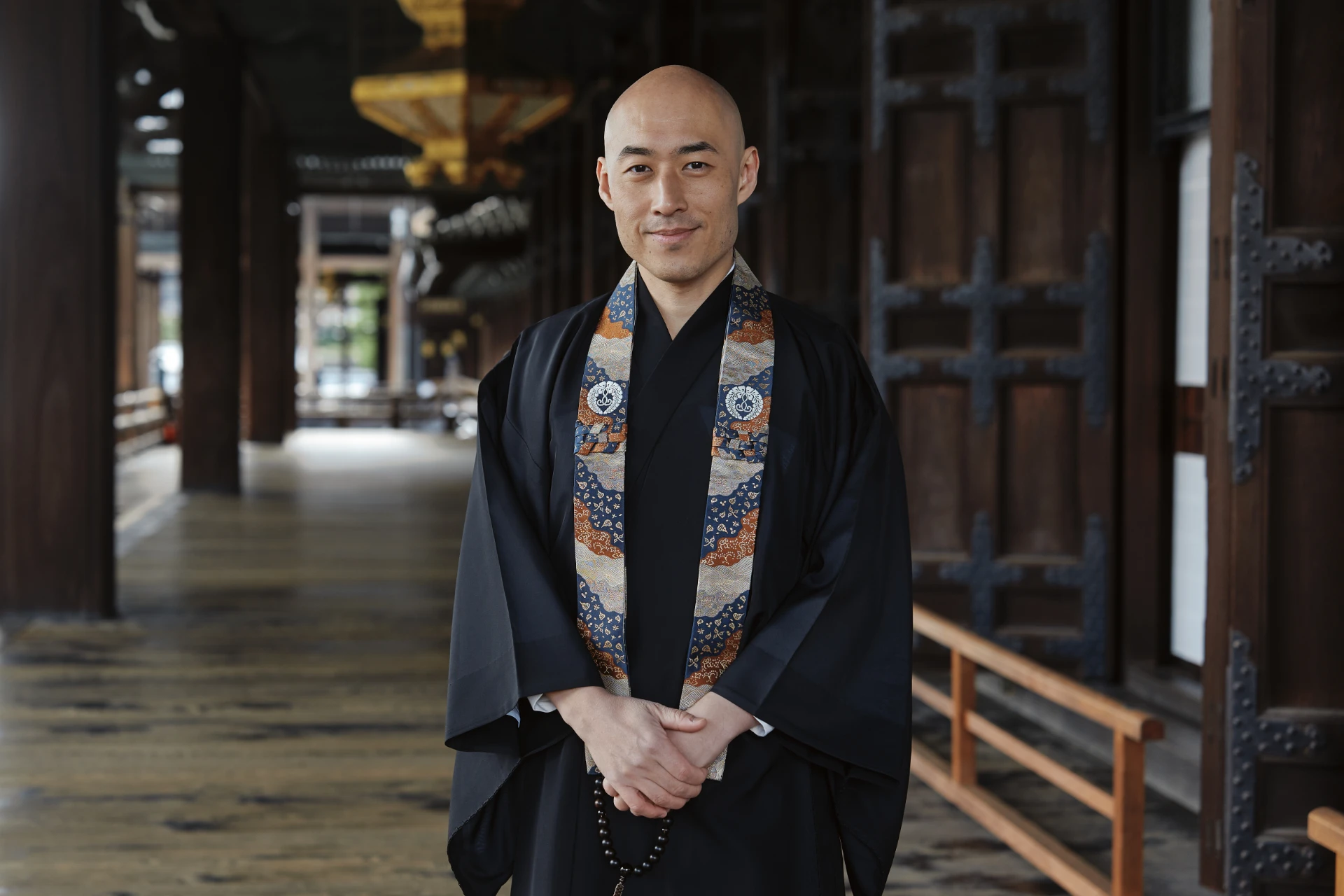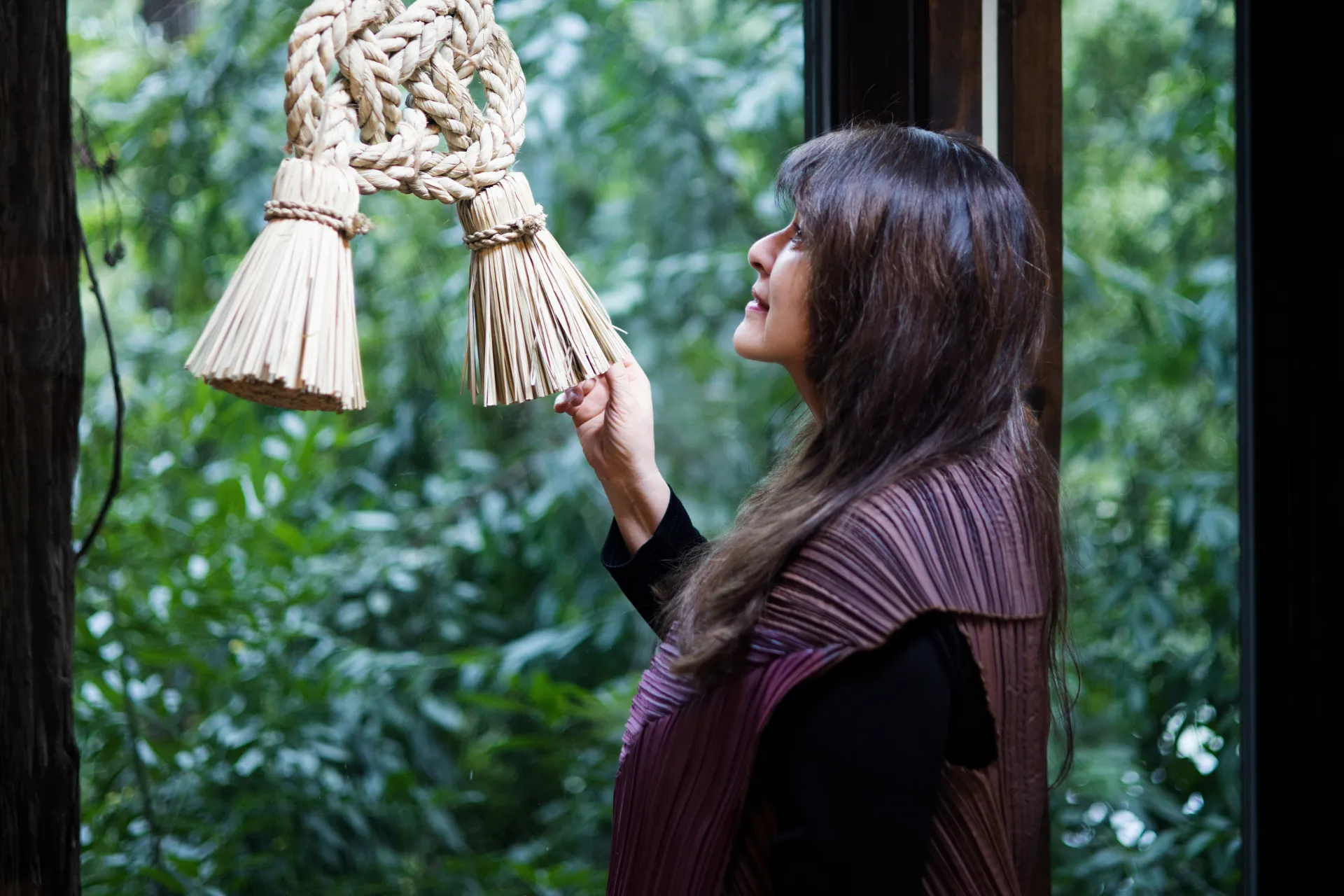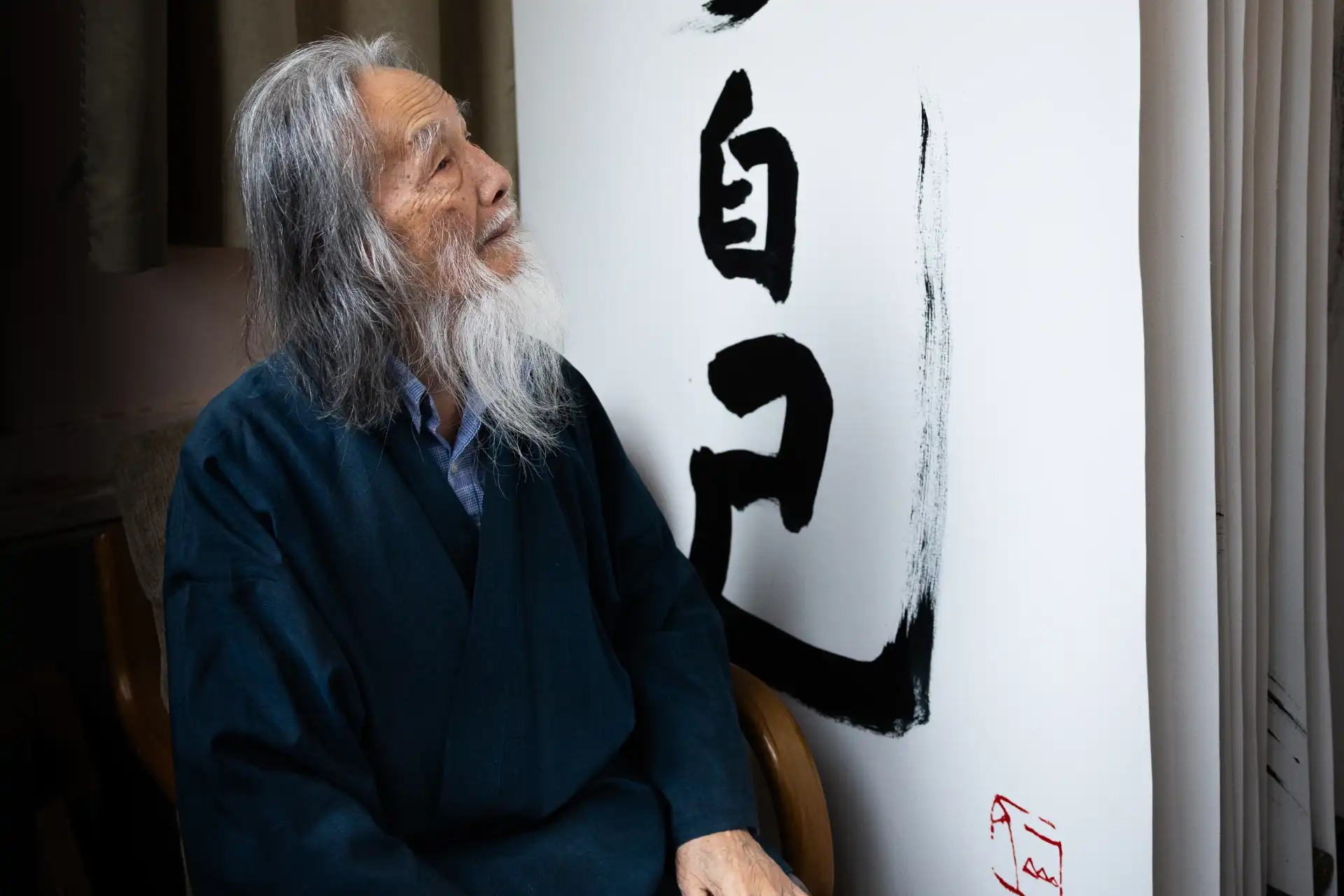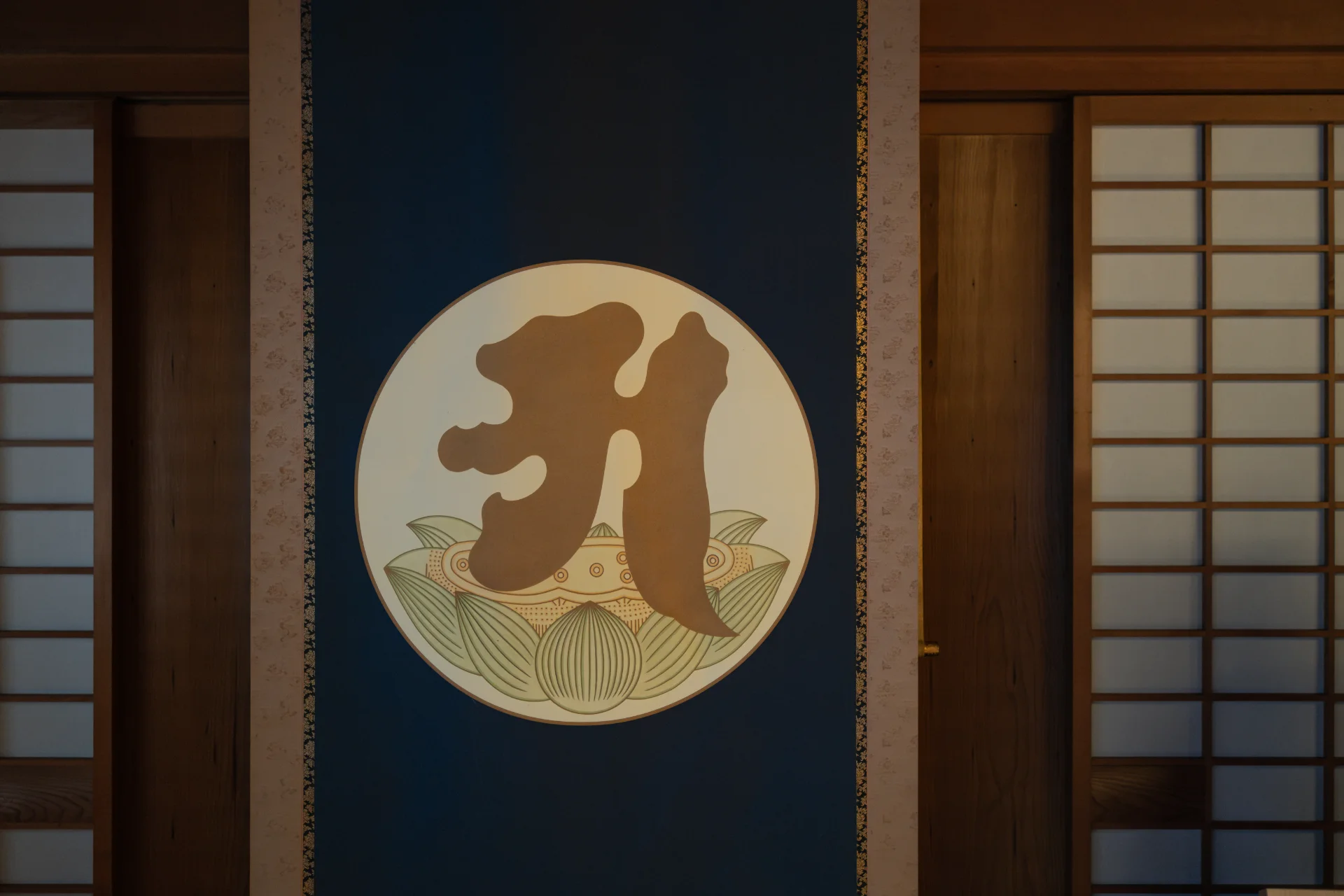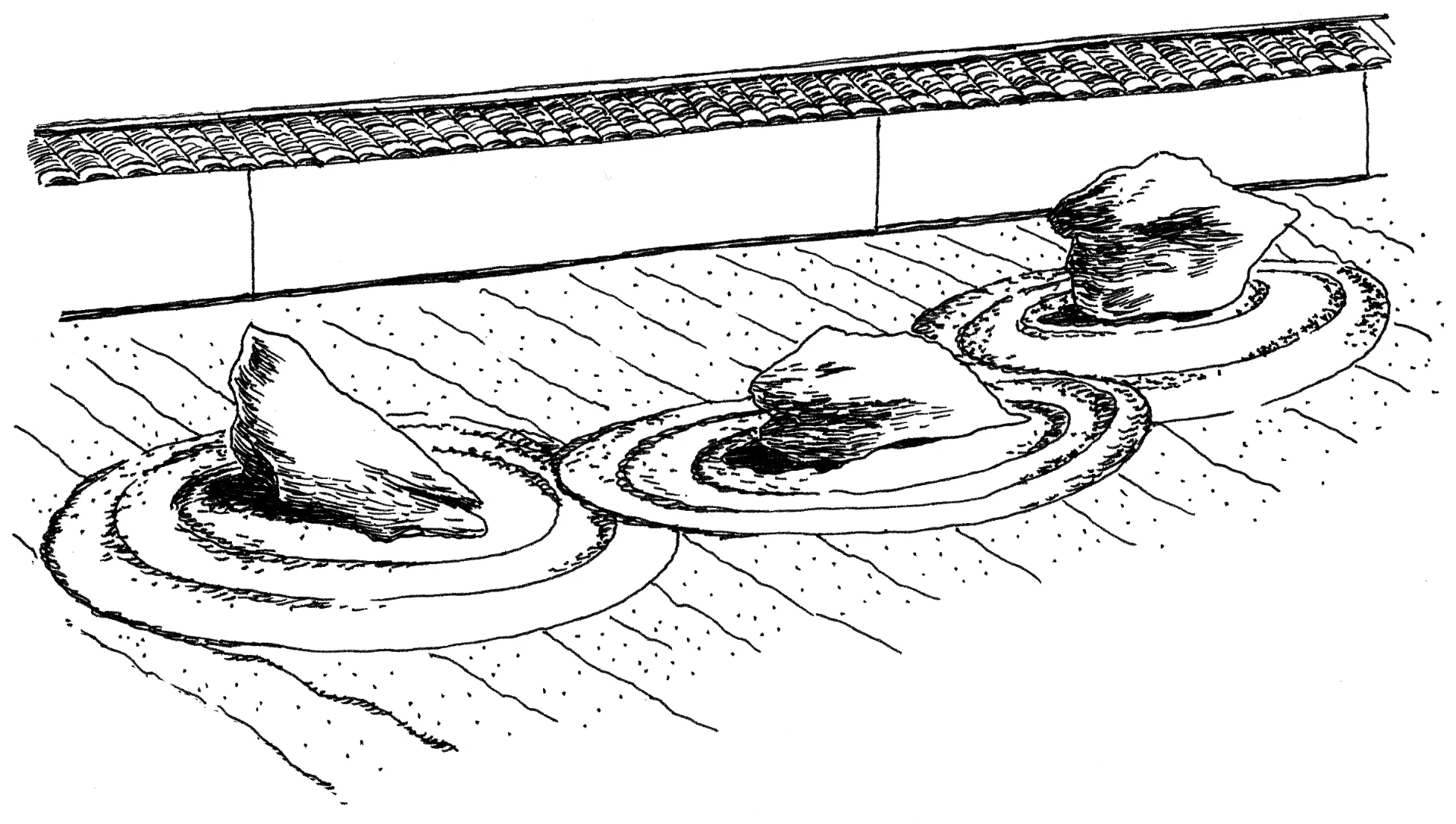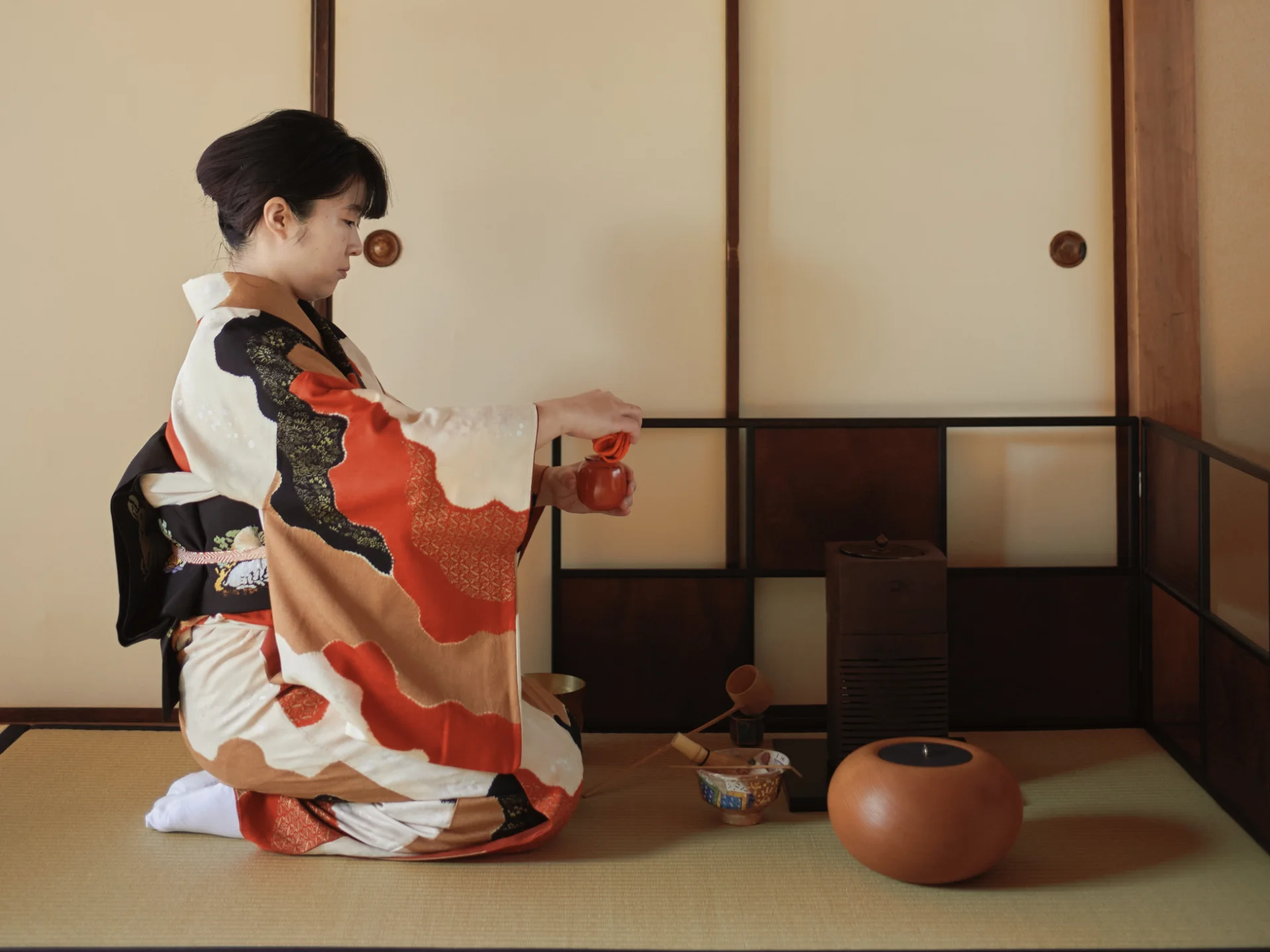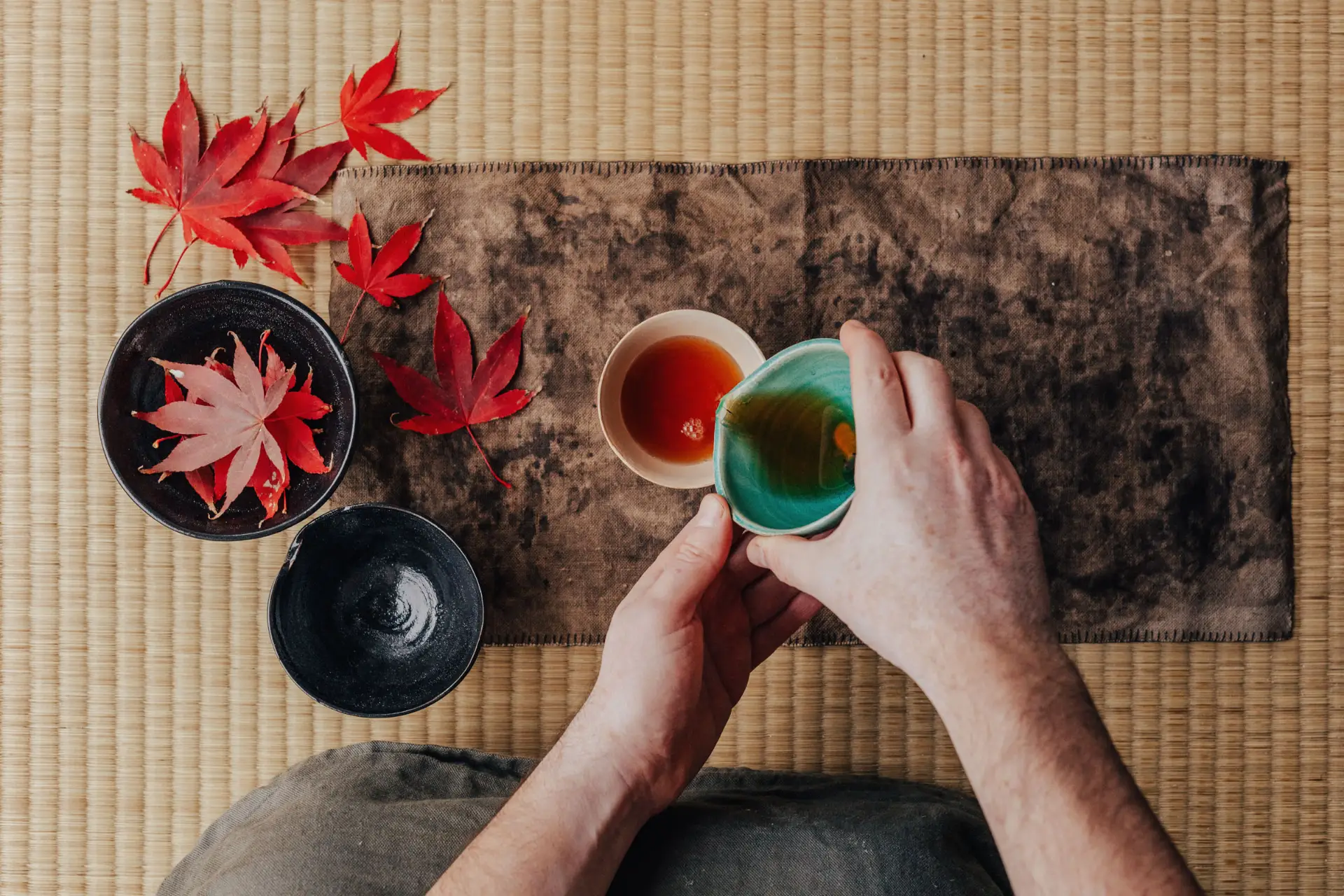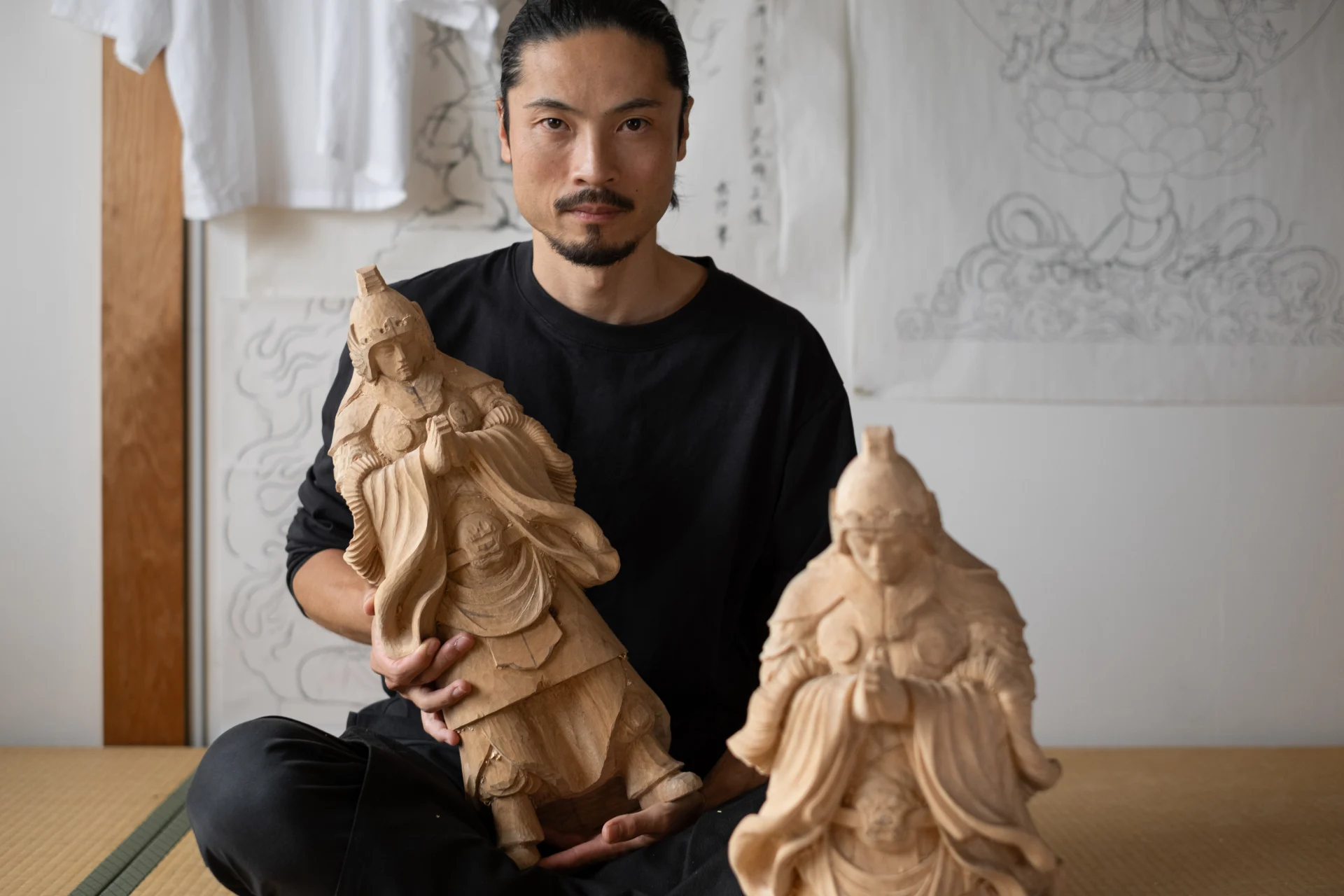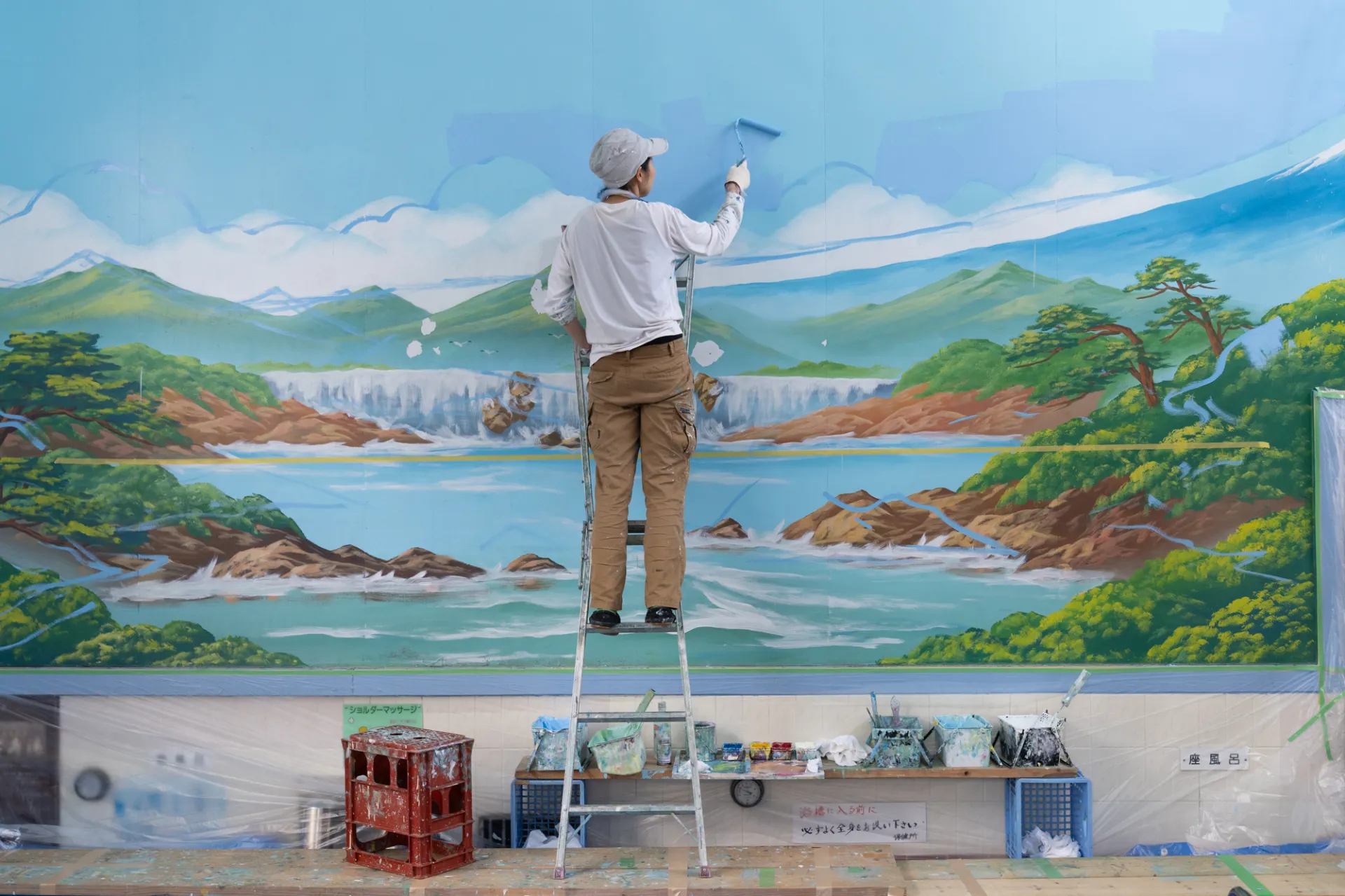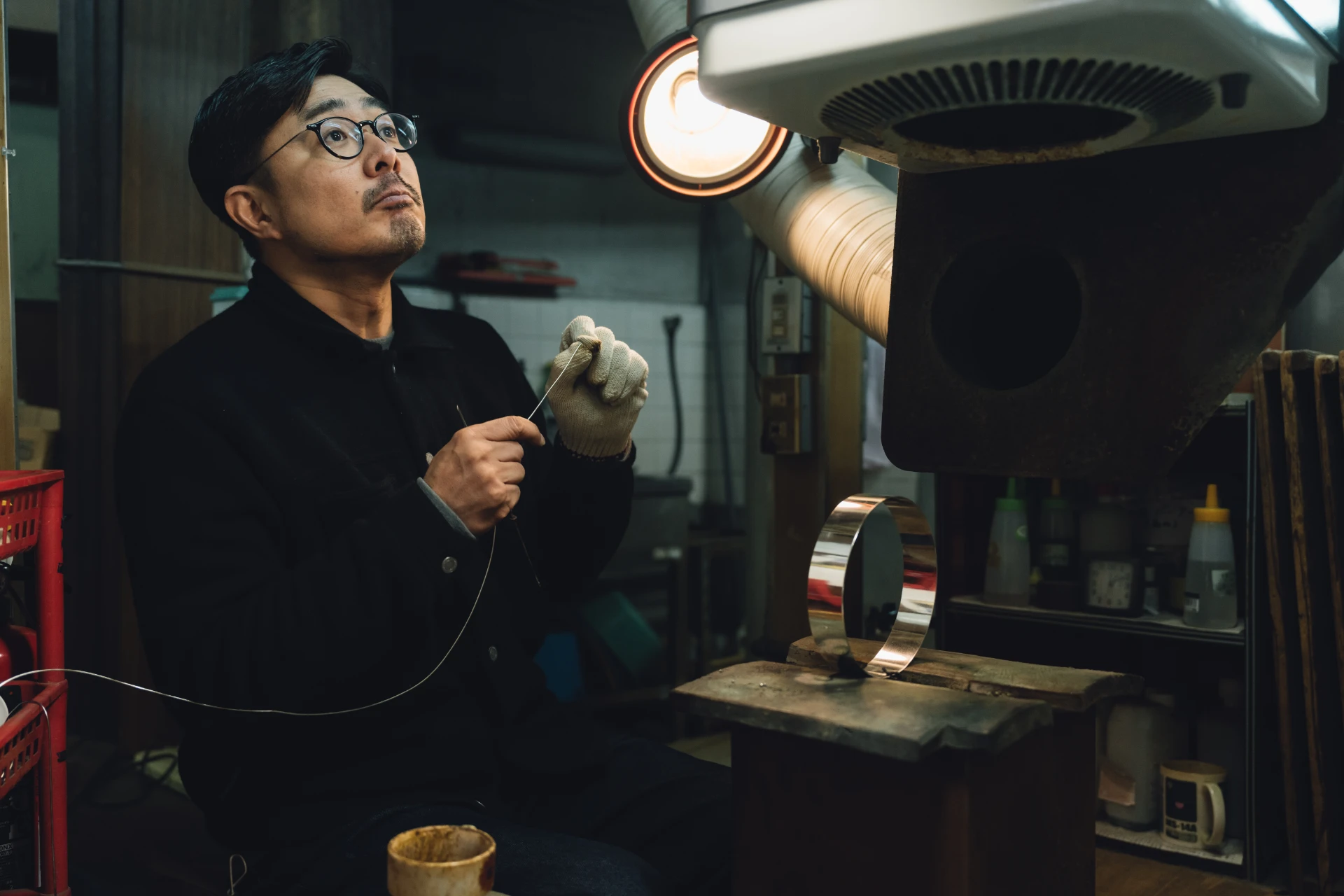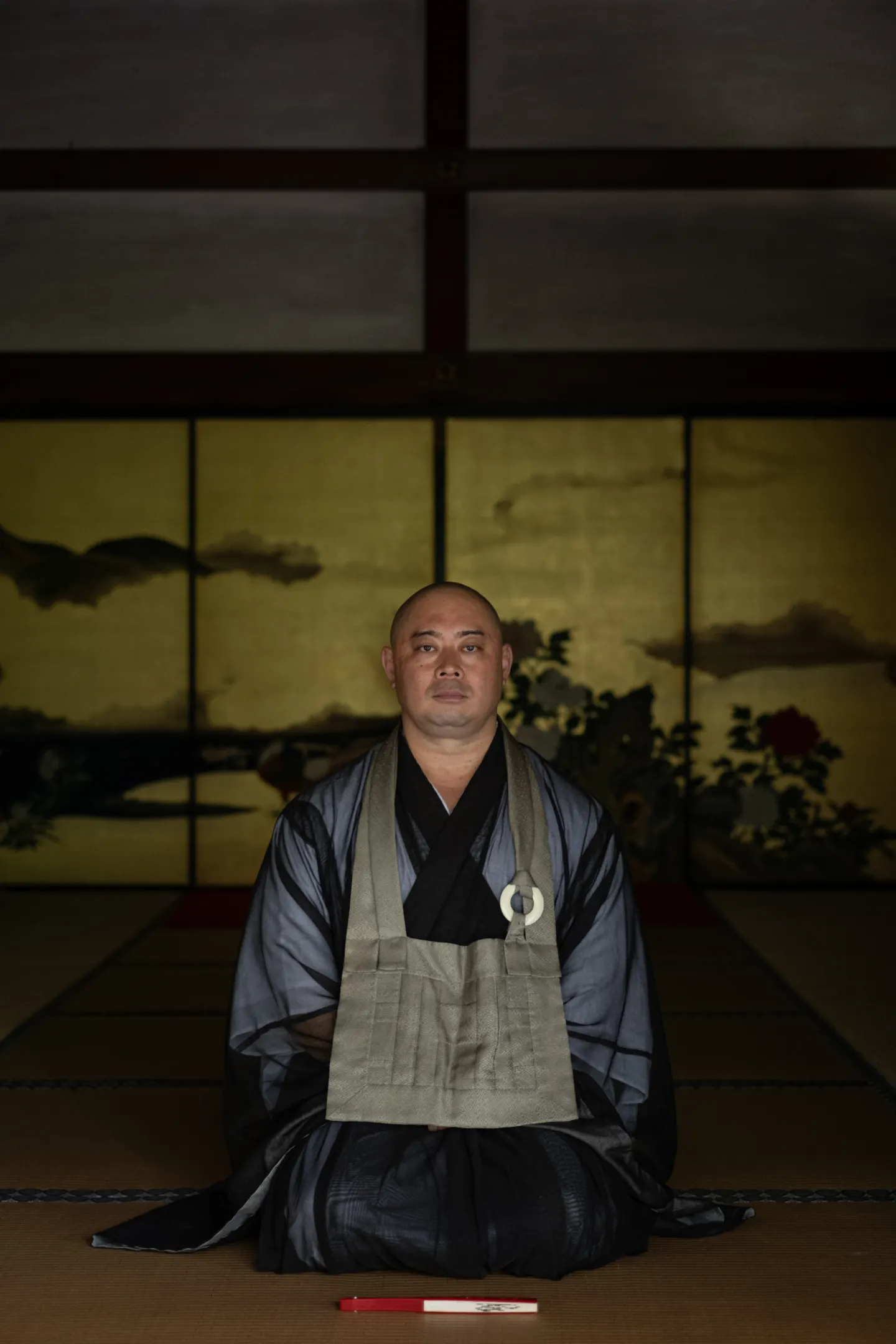
We Are Not Separate
What do you feel is the essential value of Zen in today’s world?
Zen can teach us a different notion of self.
Today, we tend to focus heavily on the idea of the individual self. While that’s brought about many positive things I feel it is restricting us right now as well.
Zen, and other Eastern philosophies offer us the idea of the notion of “oneness.” We are not separate — we are deeply interconnected.
But for human convenience, we try to separate one from another, categorizing and putting things in an order. But sometimes, we need to capture everything as it is. Everything is interdependent and constantly changing.
This is close to Aristotle’s notion that the whole is more than the sum of its parts.
You can analyze something into pieces, but the experience of wholeness carries a deeper meaning that can’t be reduced.
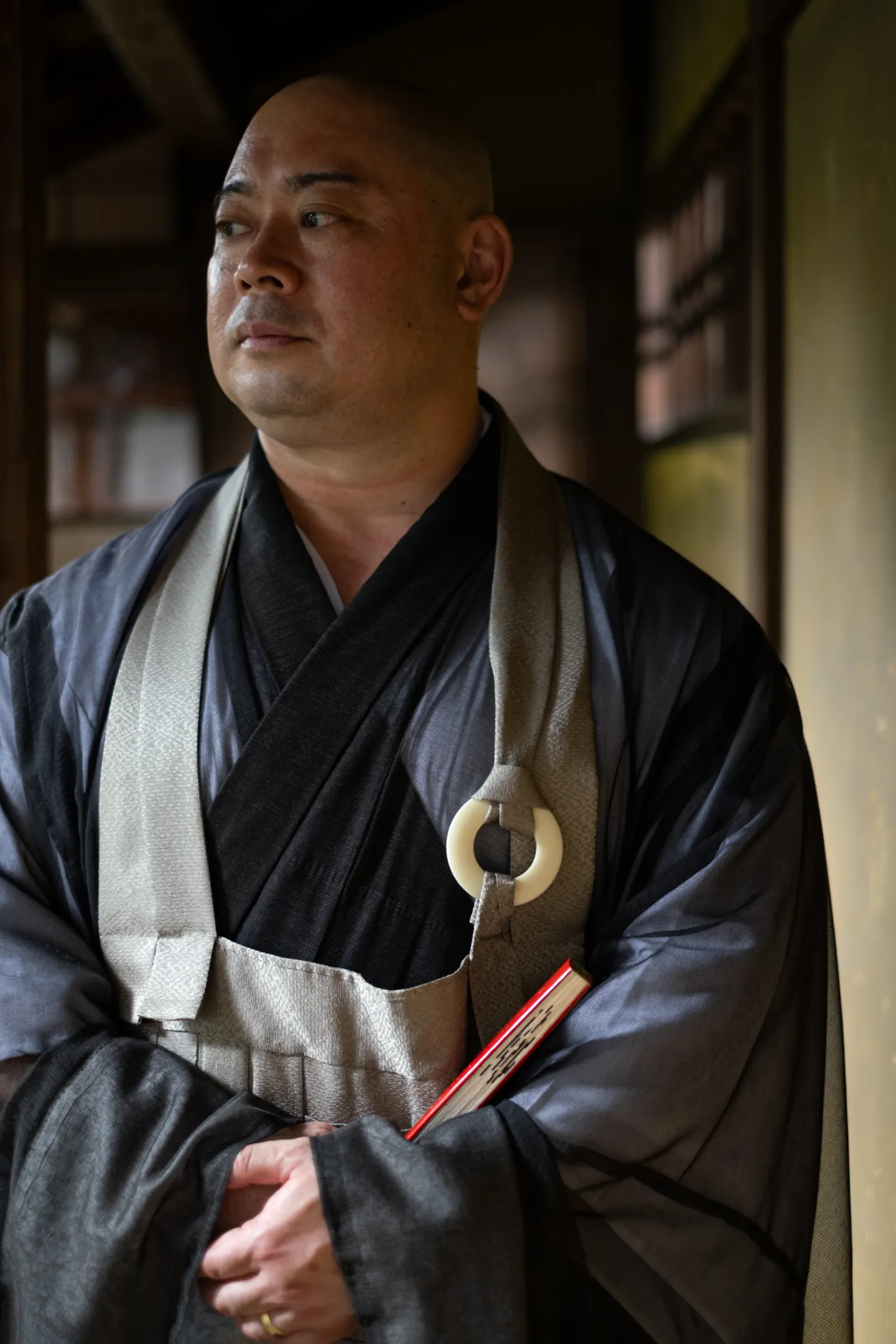
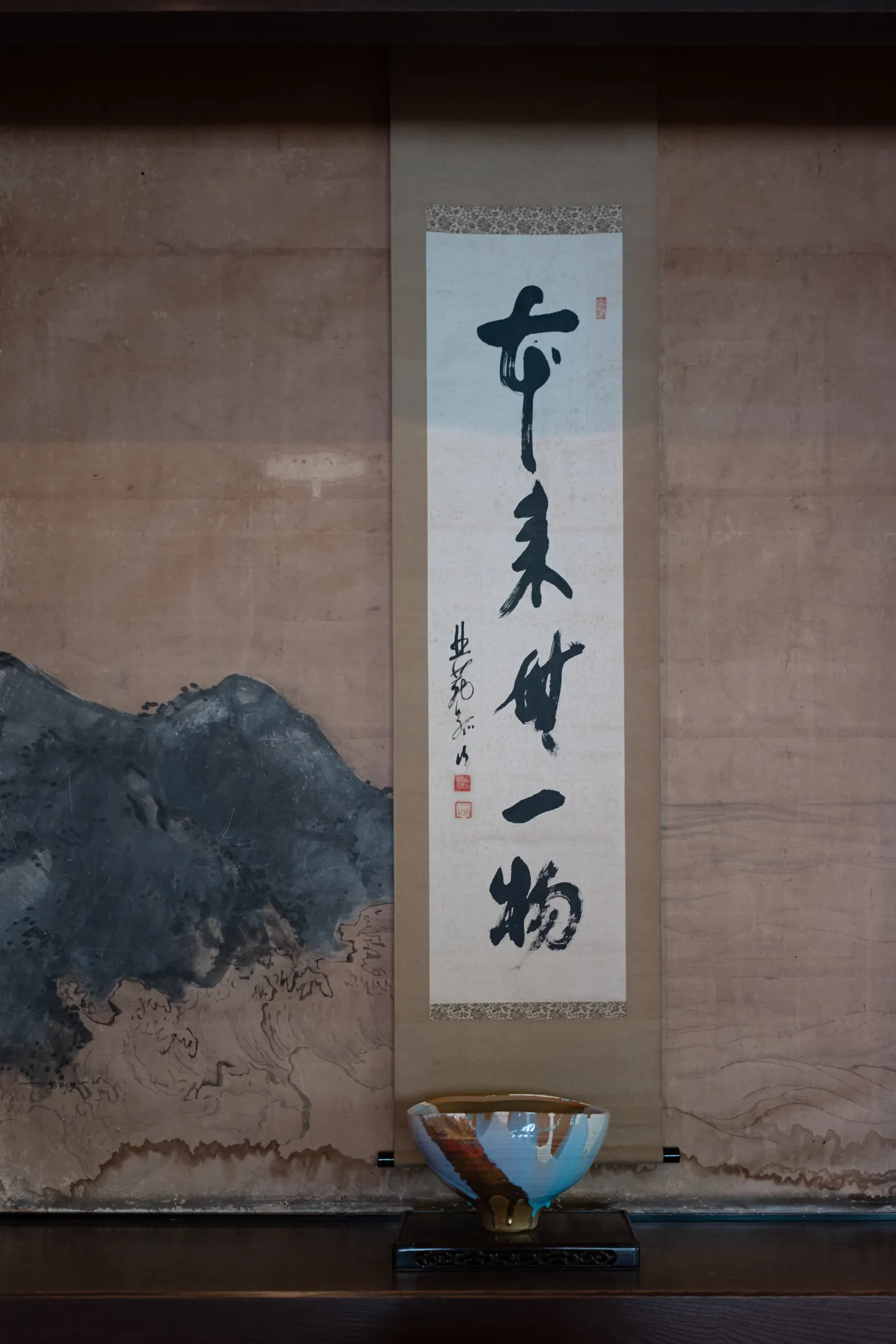
An Inaccurate View of Reality
What issues does an overly narrow sense of self cause?
I don’t want to say that the individual self is a bad thing.
In some ways it is a great thing, because due to it we have human rights, and “individualism” has propelled civil rights movements, gender equality, amongst other great things.
However, if we take the word “individual” literally, “dividuus” means “to divide”, it can be negative and we only see ourselves as a completely independent existence.
So, everything about whatever happens here is my responsibility. And that’s really restricting us right now. In this restricted view, whatever you achieve or not in life, is based on your own strong or weak will. This is not only an inaccurate view of reality, but it also puts an enormous amount of pressure on the individual.
This worldview does not take into consideration the countless external factors influencing each situation and who we are inside of that.
People tend to ignore those external factors, just talking about, “This is me here,” and “I’m a self-made something.” But there’s no such thing as a completely self-made person.
There are always so many elements influencing what we are. That’s where people get stuck in this idea of individualism and it restricts their life because they are limited by their own identities, creating a sense of separation.
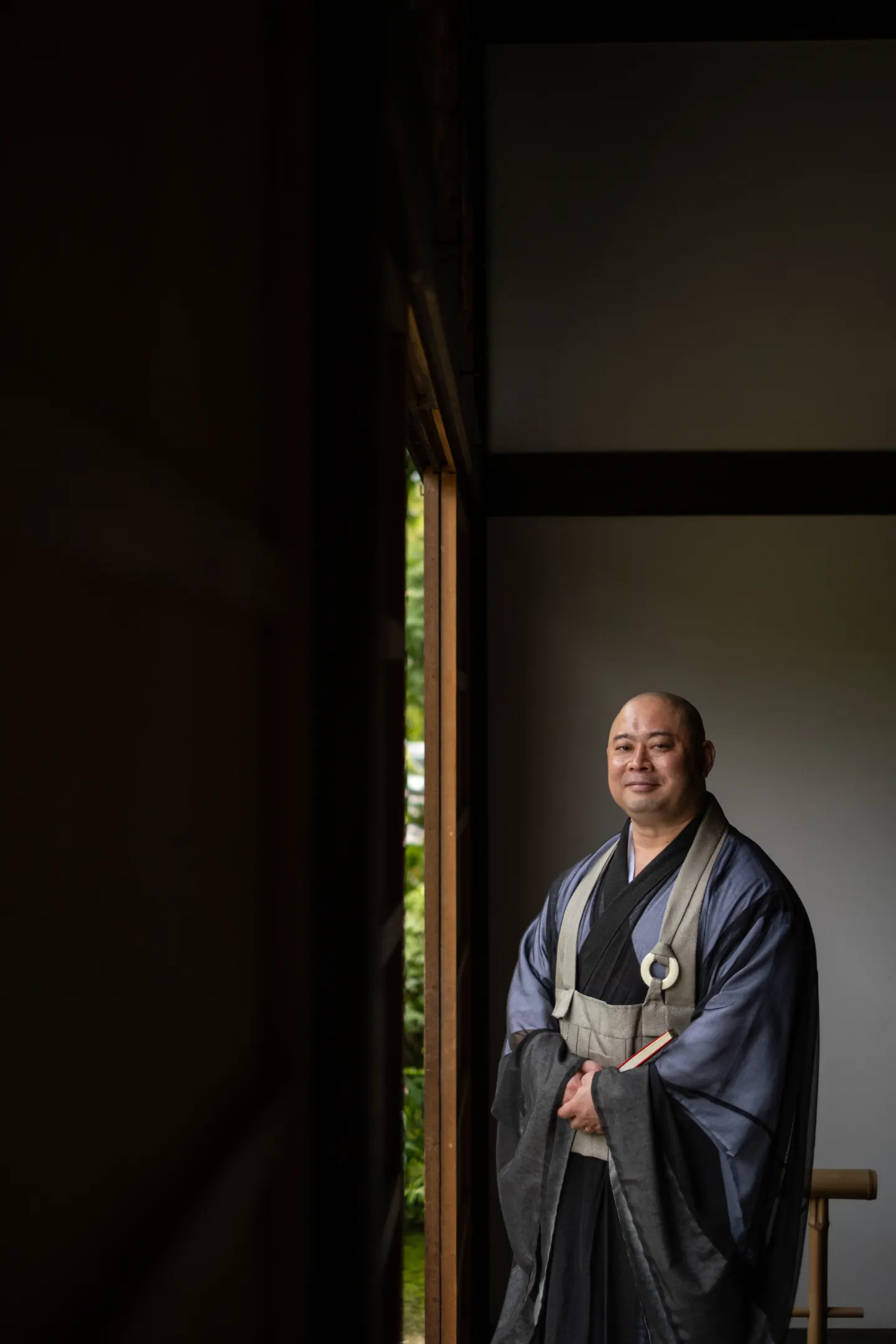
Born Into It
What was your journey to becoming a Zen priest like?
My journey to becoming a Zen priest began very naturally — I was simply born into it.
My family has been at Shunkoin Temple for about 130 years, and I’m the fourth-generation head priest within my family. I grew up in this temple, but later went to the United States to study psychology because I was interested in understanding human beings more deeply.
That interest led me to religious studies, and eventually, I returned to Japan to become a priest. Since then, I’ve been here.
Could you share how your studies in the US informed your worldview and Zen’s role in it?
My time in the U.S. was quite important.
At first, I was studying psychology in college, but I started taking some Buddhism courses. I had never studied Buddhism academically in Japan, so this gave me a new perspective about Buddhism, and how to approach it more logically and understand its philosophy. I feel this really helped me.
In a way, it provided me with more intellectual knowledge about Buddhism, beyond the practices or just performing rituals at a temple — I had the chance to understand Buddhism’s deeper ideas, which gave me more balance in my role as a priest.
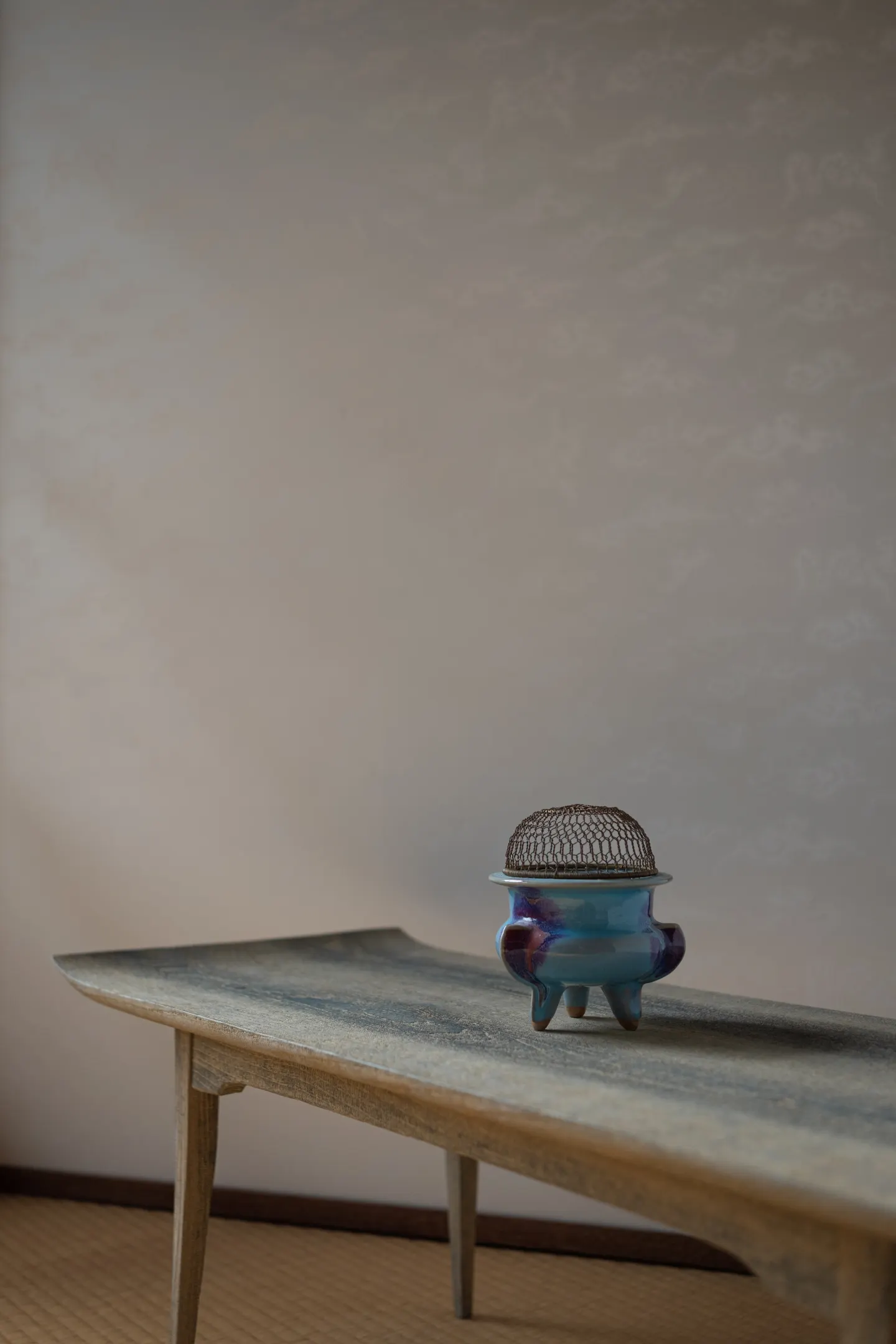
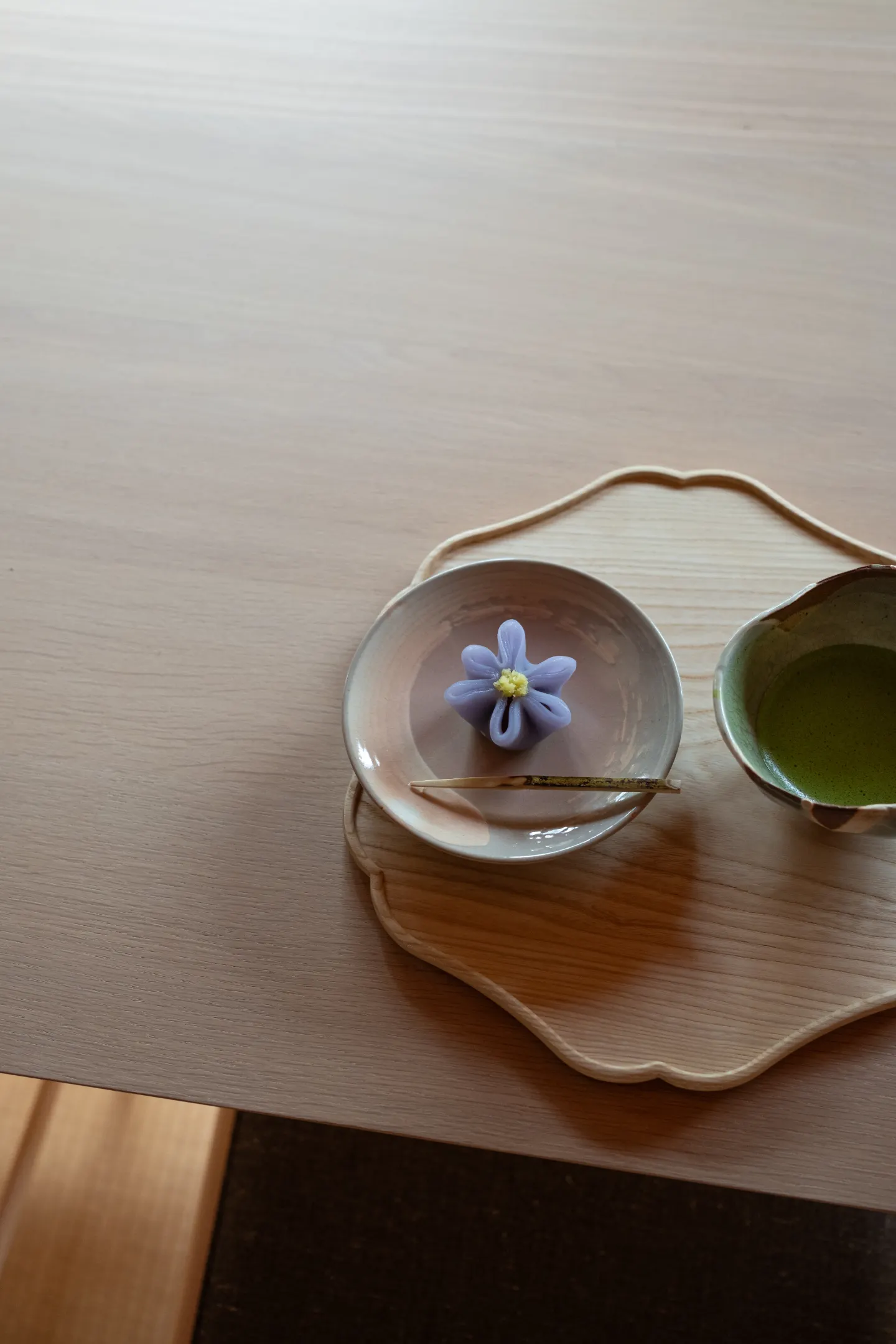
Our Mind is Embodied
What is the connection between crafts and Zen or Buddhist wisdom?
I often collaborate with young craftspeople here in Kyoto. Craft, in contrast to art, isn’t about putting the self at the center. Art is more about expressing individual character or personality. It tends to create a center in a space.
But in the case of craft, even though artisans are devoted to making their creations, they’re not particularly trying to make their work the center of attention.
That humility in craft aligns with the Buddhist concept of “no-self” because we don’t have this agency called “I” at the center of our existence or consciousness. It’s more about how we are interdependent, with constantly changing conditions. Craft can help us to understand this “no-self” idea.
Also, craft needs to be used. You actually engage with it through your different senses. That also closely relates to the belief I have — that our mind is embodied. It does not just exist in the brain, but throughout our body.
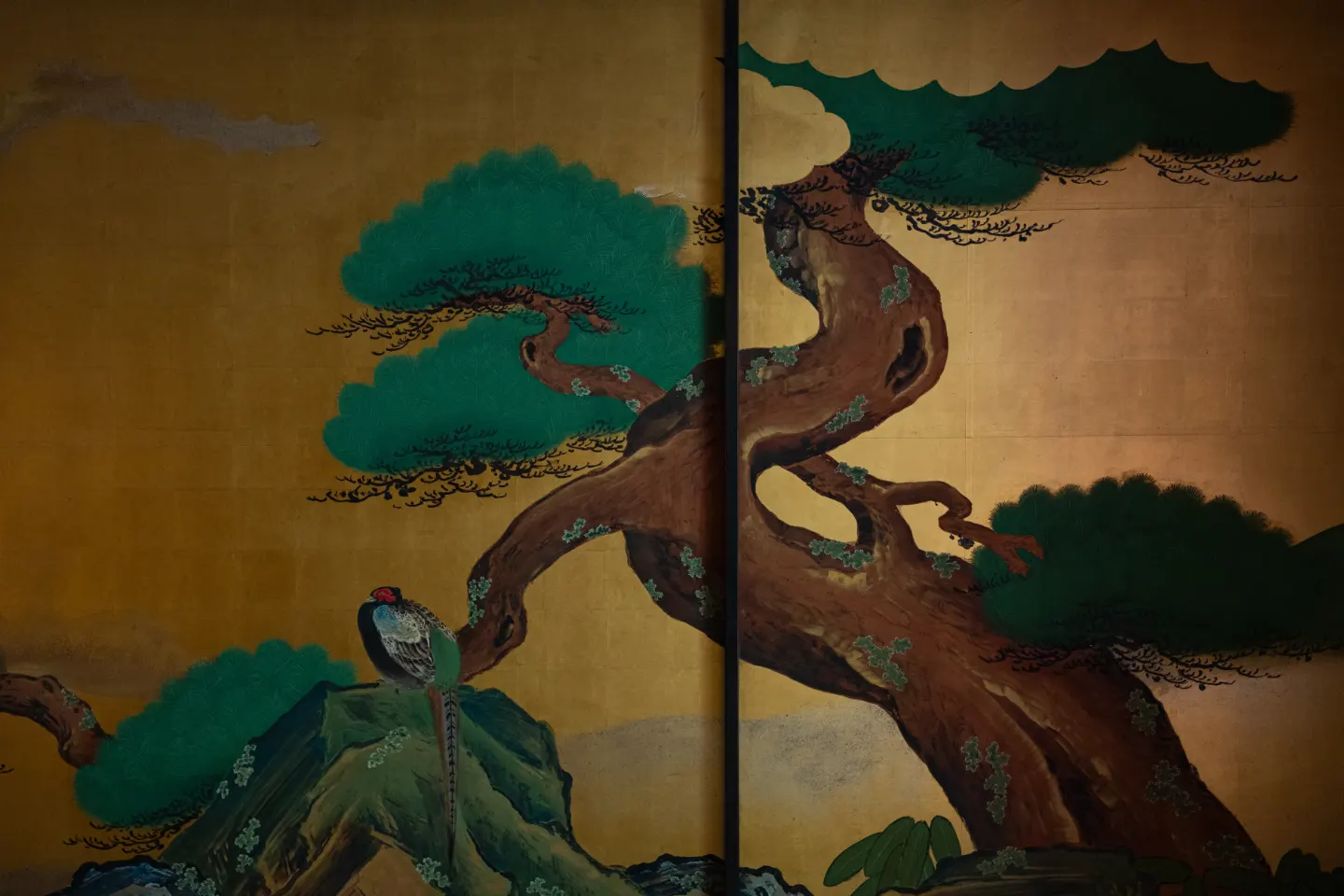
Everything Holds Its Own Beauty
What is most beautiful to you? What role do you feel beauty plays in our world?
That’s a difficult question…
It might sound like a general answer, but I would say my family — especially my wife and daughter. They are part of me.
It’s hard to define what beauty is. It could be nature. When you look at nature, you feel some sort of transcendent experience. But sometimes you can also feel beauty in some sadness. So I think it’s not really about what is beauty or what it is not — everything can hold its own beauty.
Beauty provides us with a direct connection to something. It’s not something that requires conscious thought. We just experience it as it is. I think that’s important to remember because we tend to think too much about it.
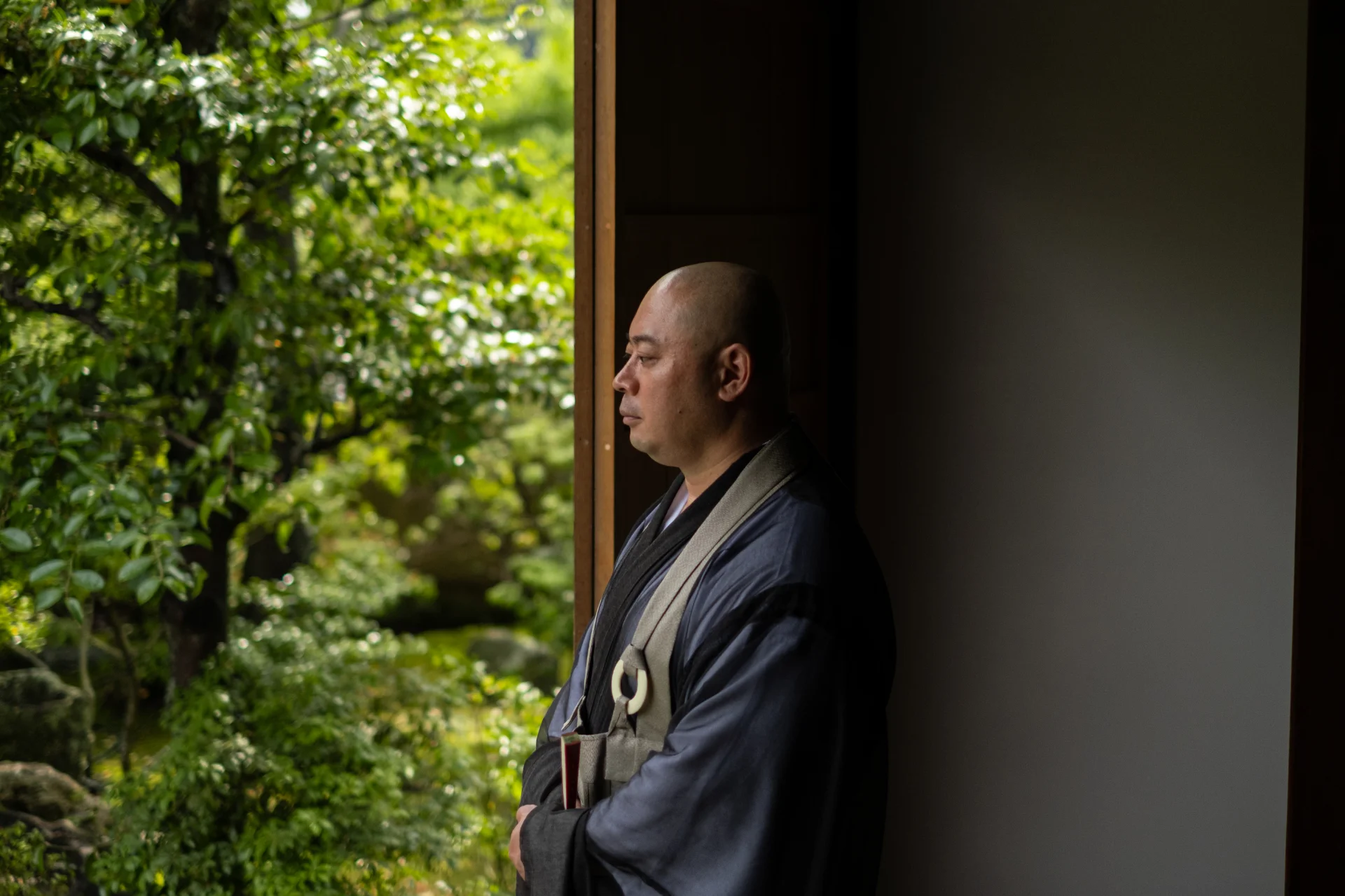
A New Notion of Self
What will you explore with participants in the Shaping Our Lives course?
Well, one thing I would say is I don’t want them to expect too much. When we have expectations, or expect certain things it can limit what you’re open to receiving.
Zen Buddhism itself is more of an open-ended experiment. It’s about observing what happens and unfolds. That’s the idea of “openness”.
But the core idea is that you get a different notion of self. Normally, we’re stuck in this idea of an individual self. But what about a Buddhist version of self — more like interdependent, constantly changing conditions?
I can’t really tell you exactly what you’ll gain. But when you get that idea — or you actually embody that idea in your everyday life — then the open-ended experiment begins. That’s what I want to invite participants to explore.
To learn more about the new Shaping Our Lives course, click here.
